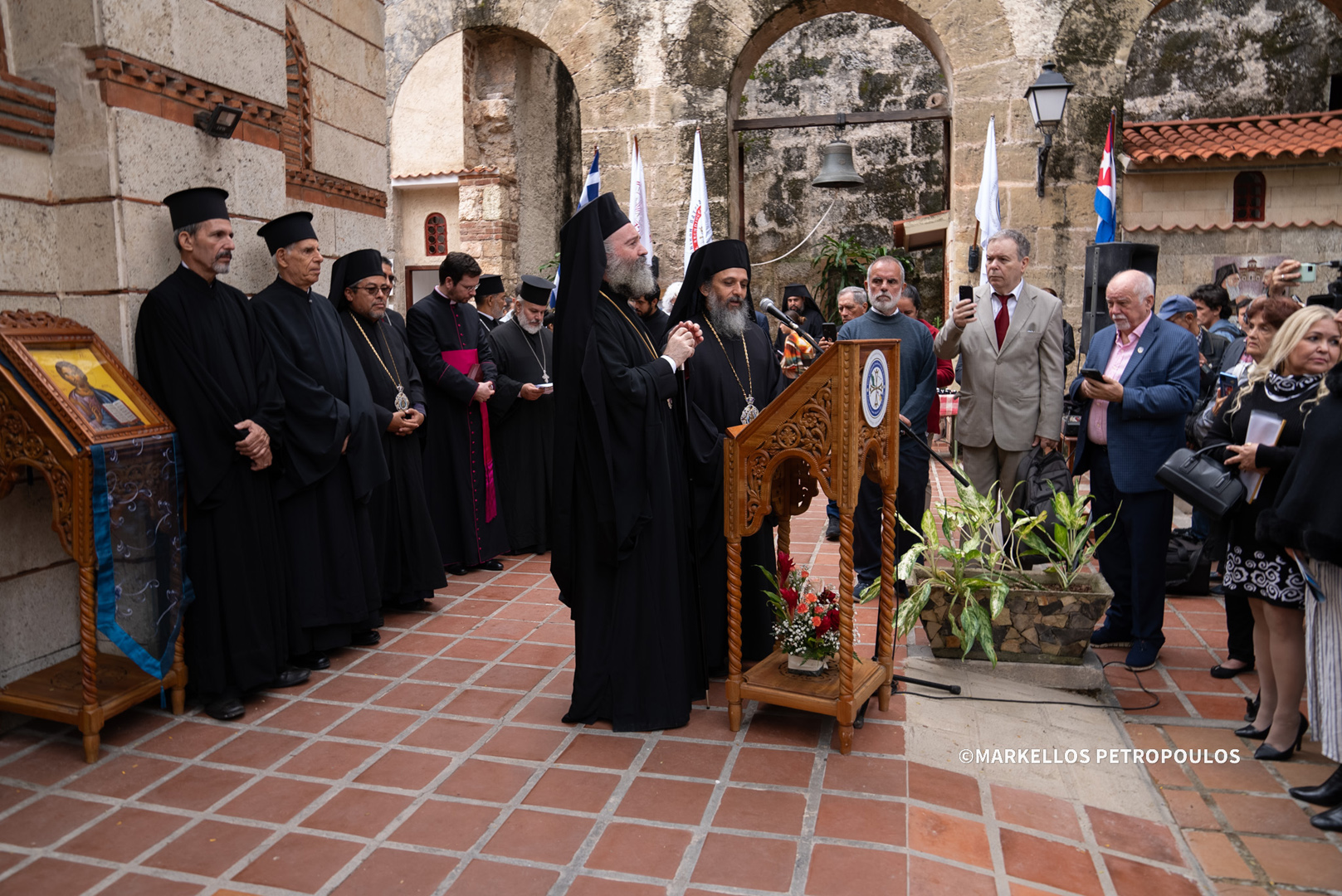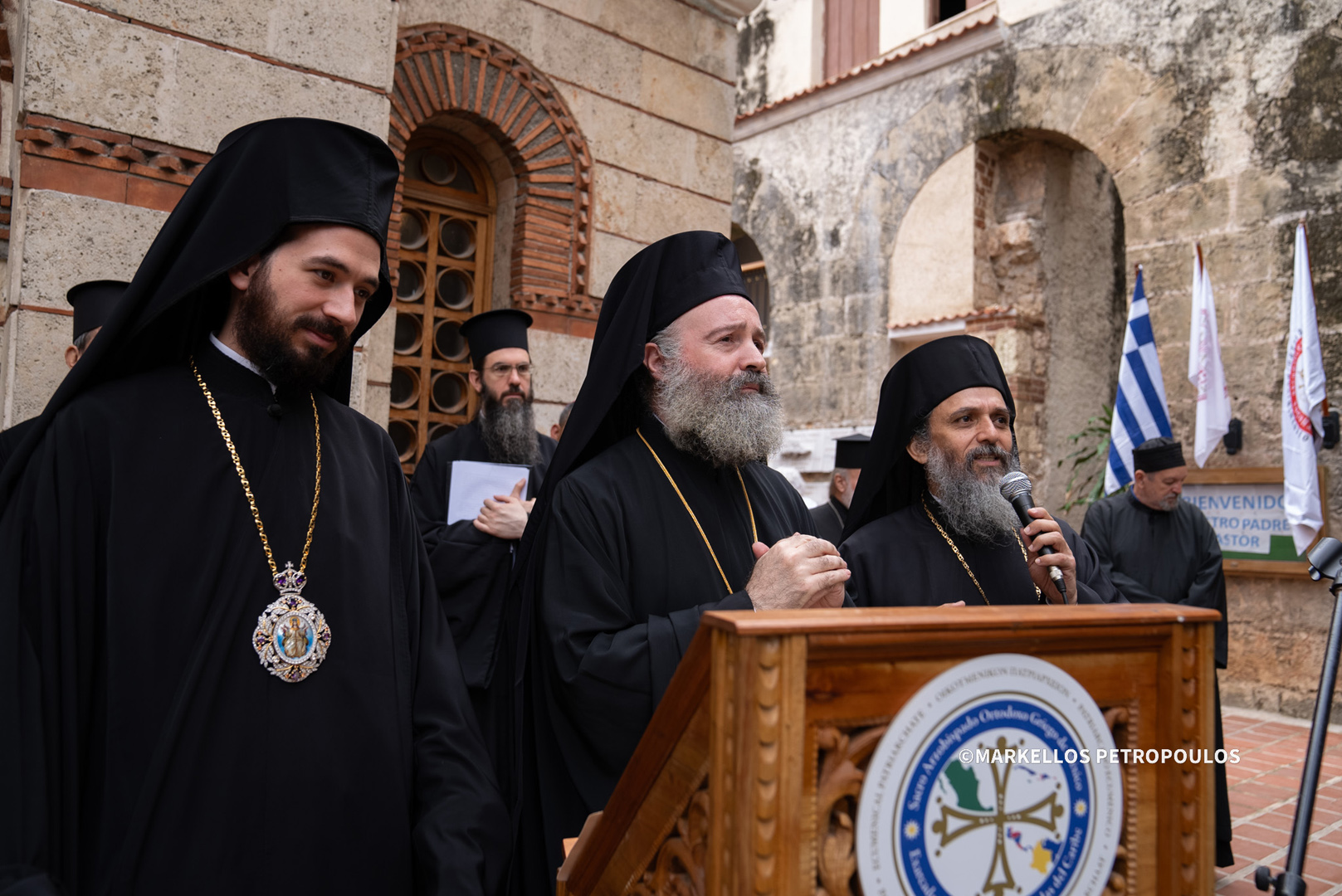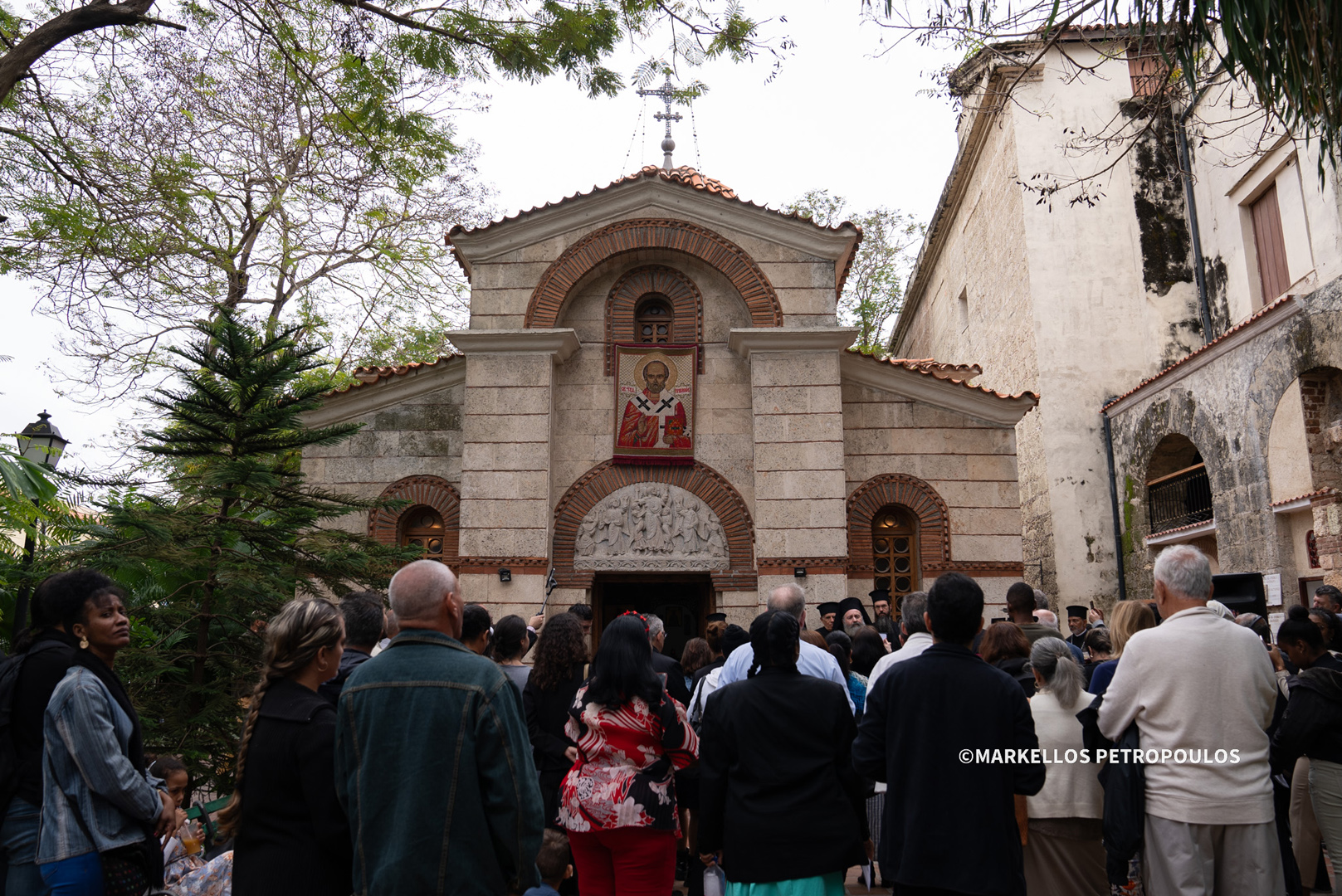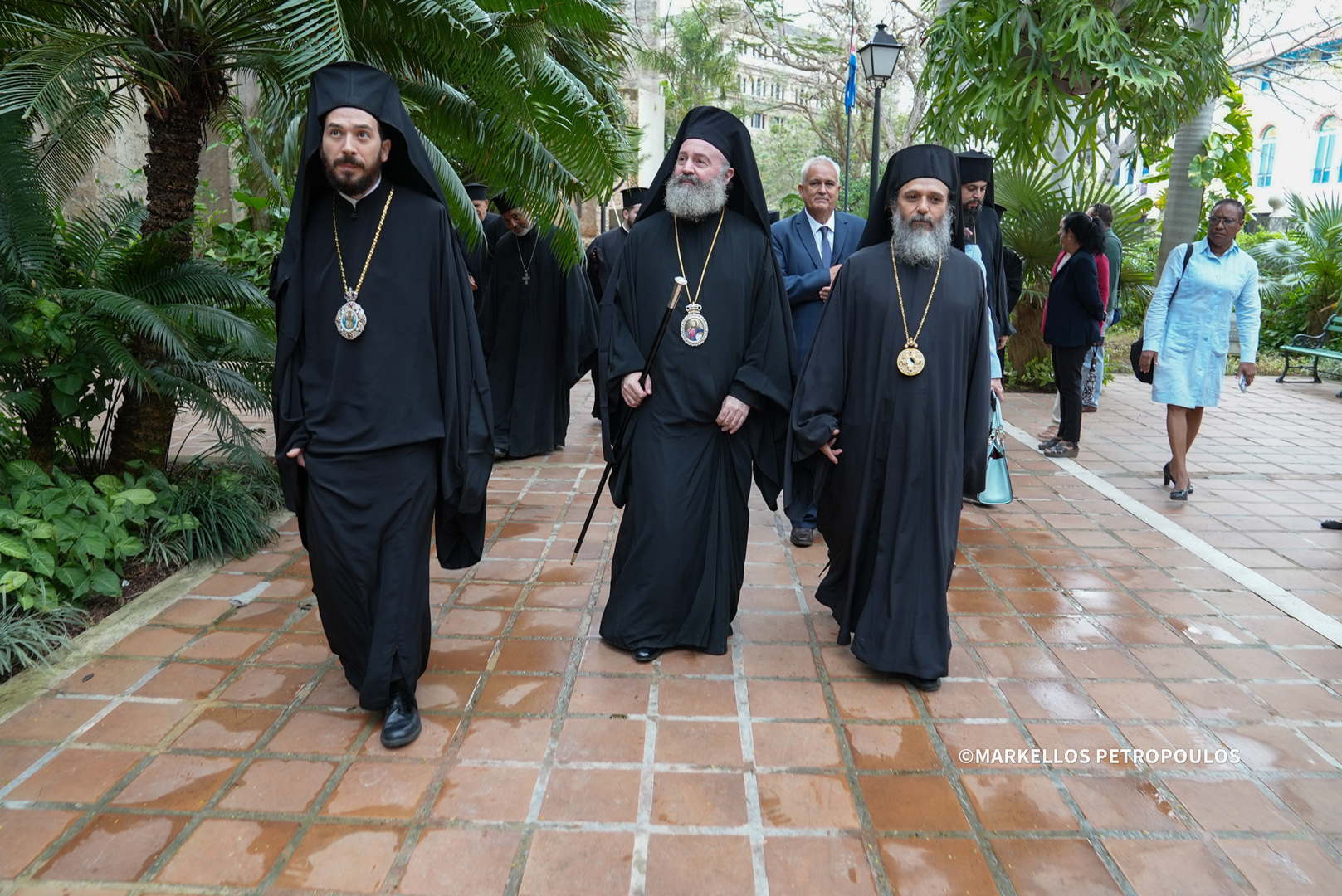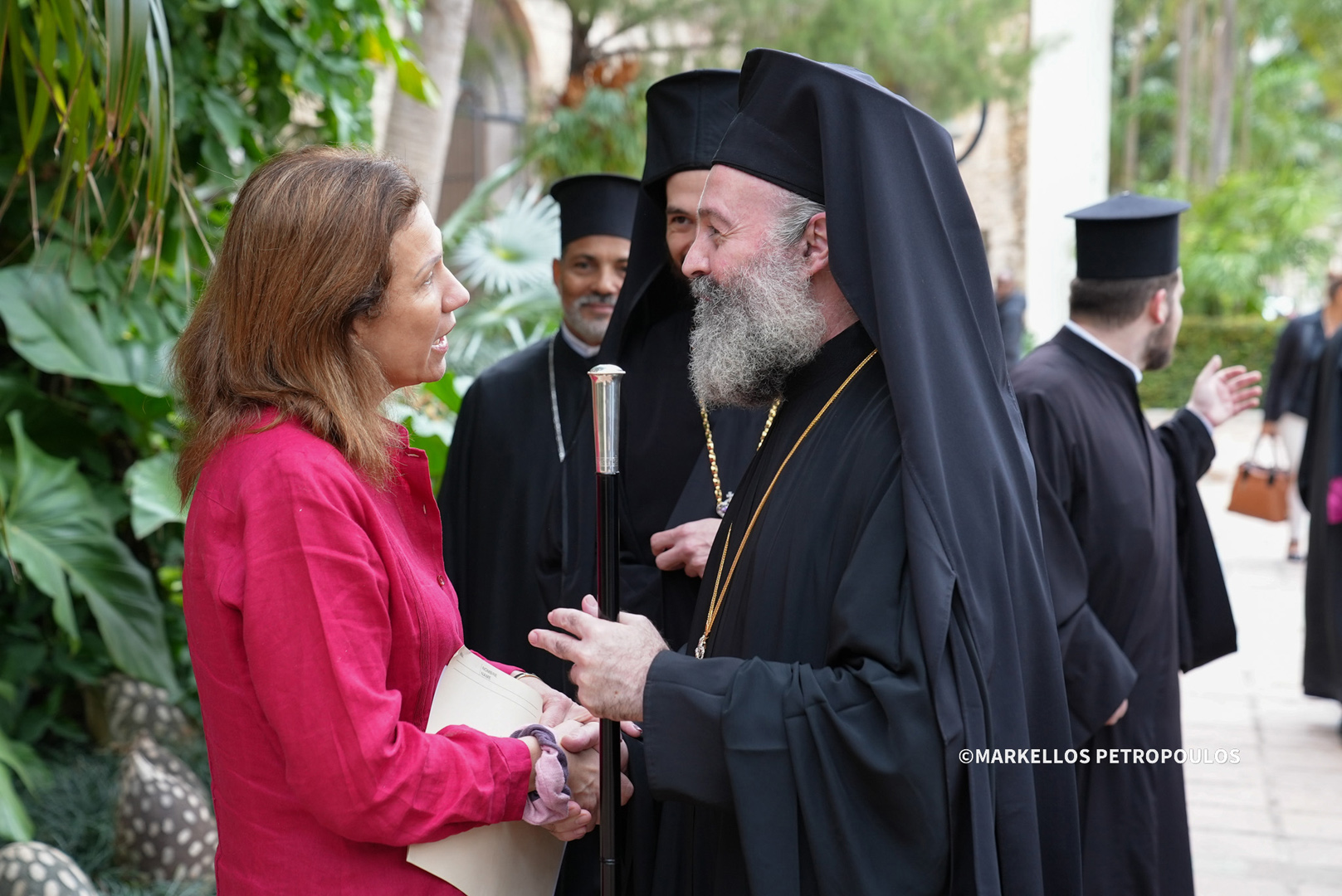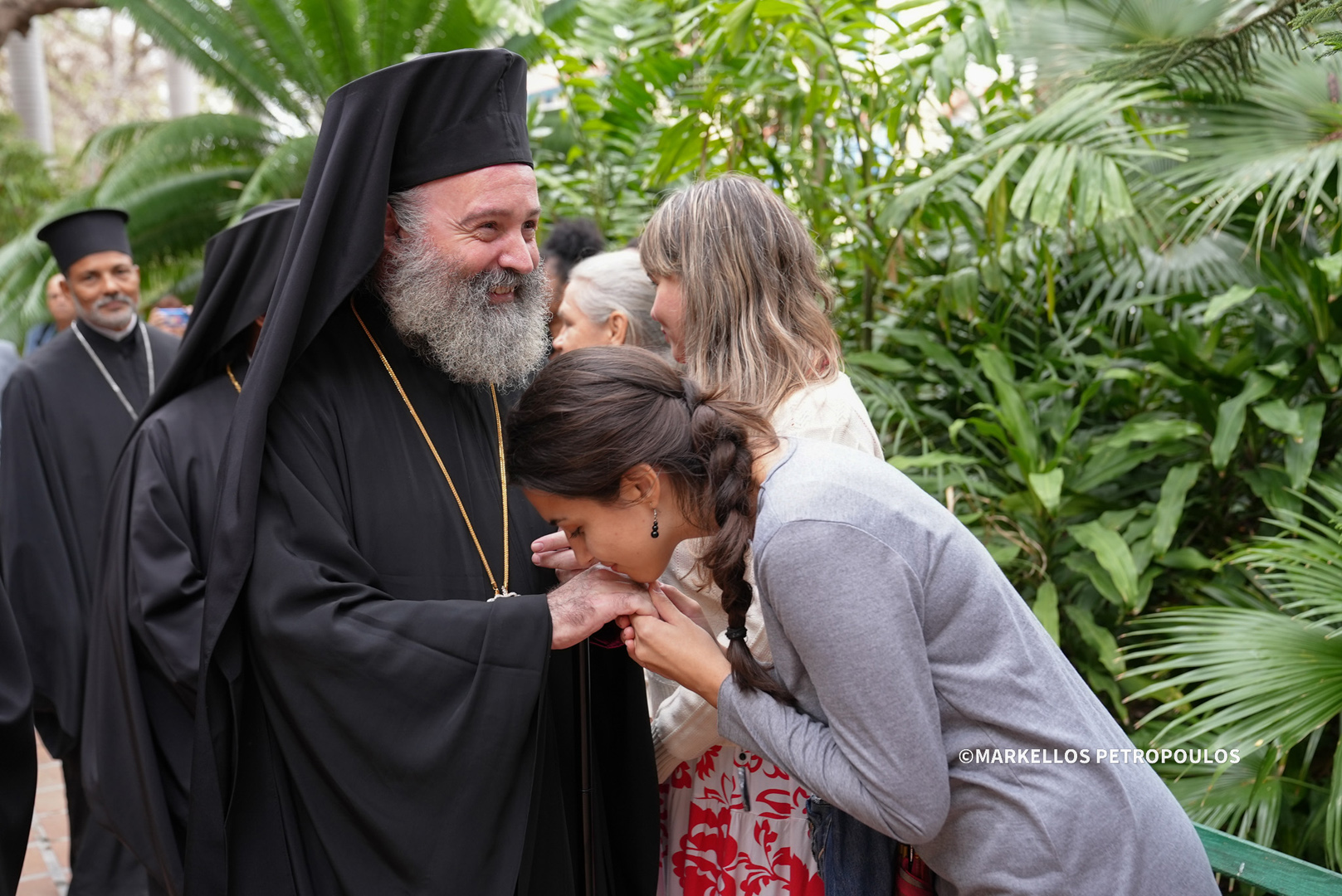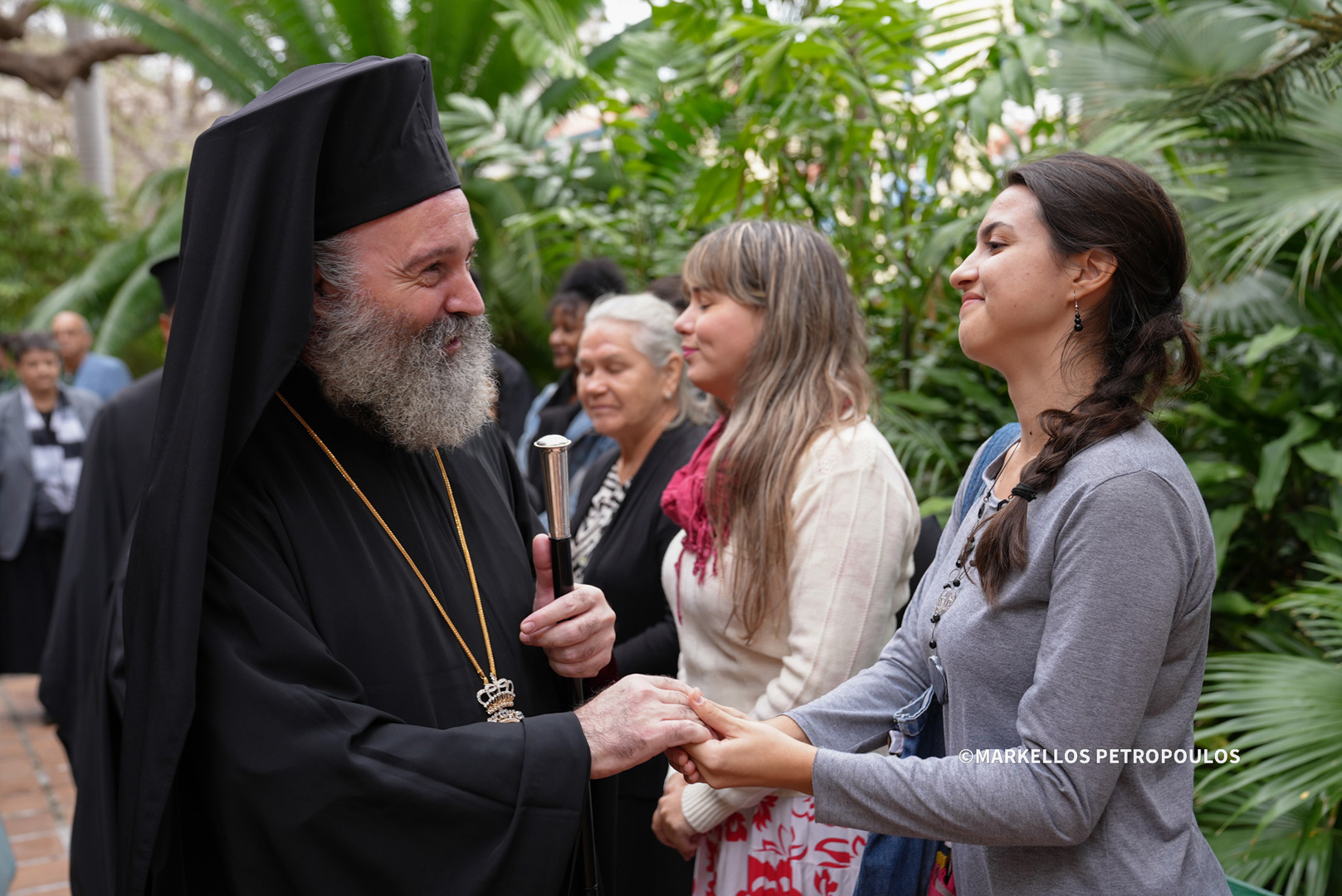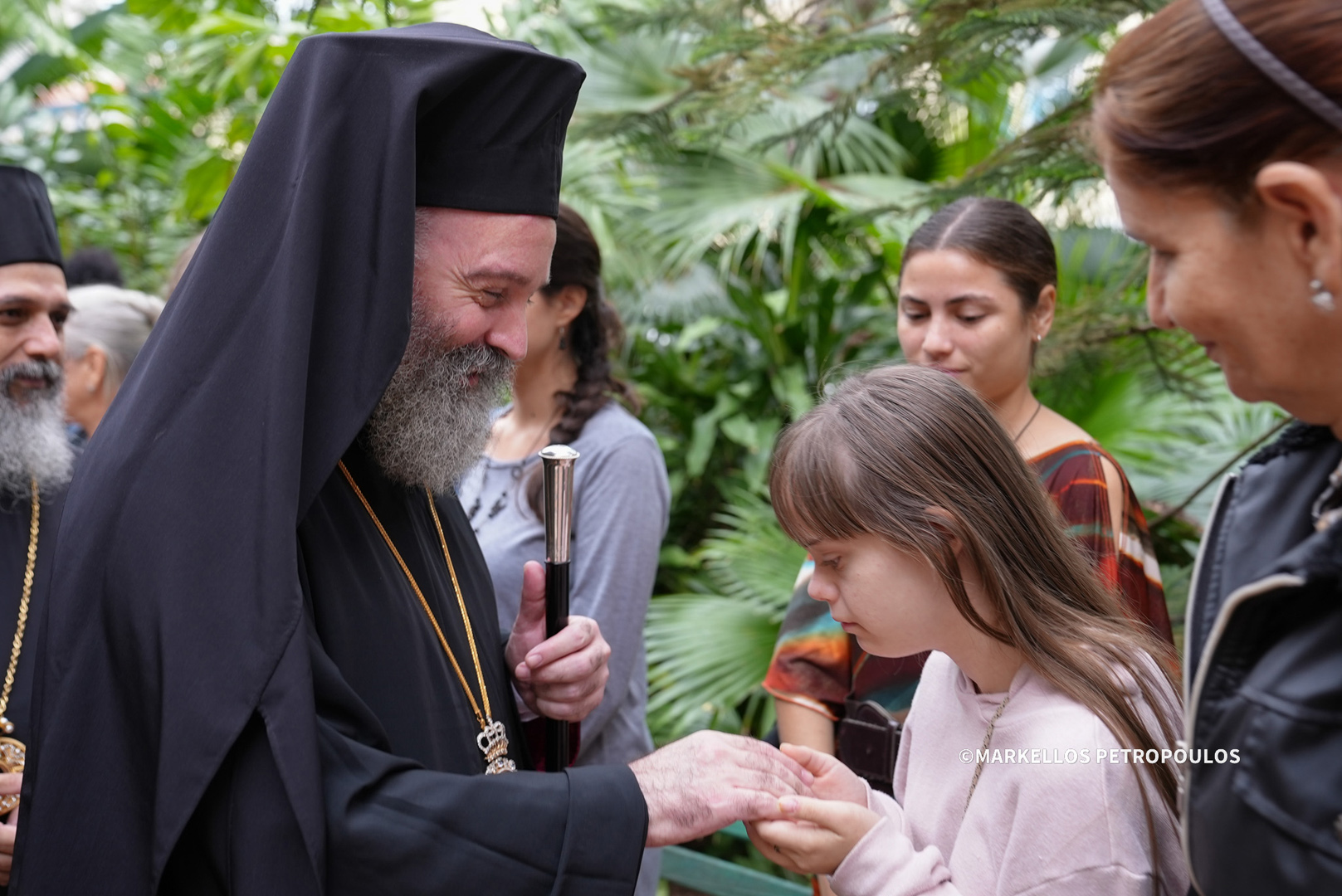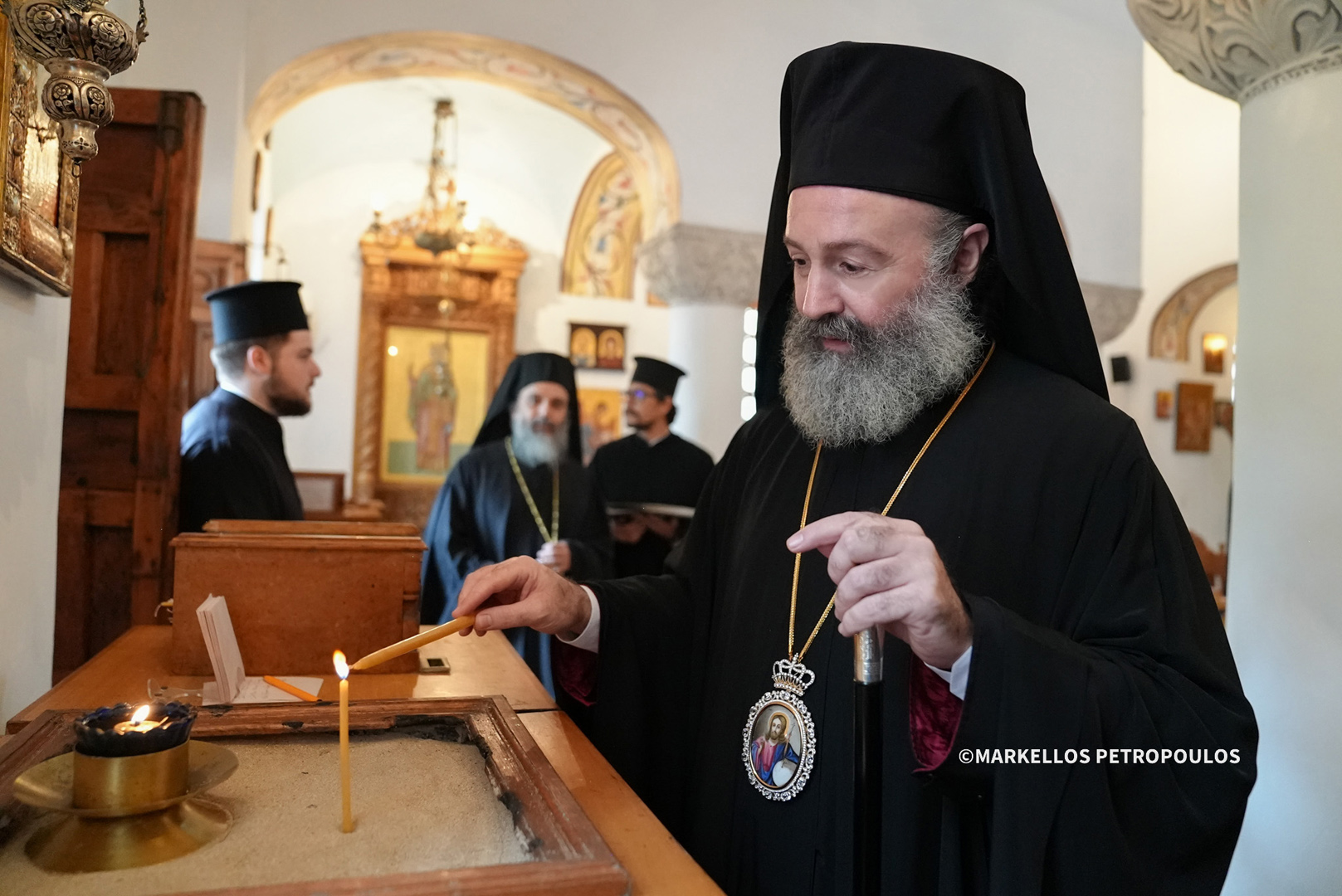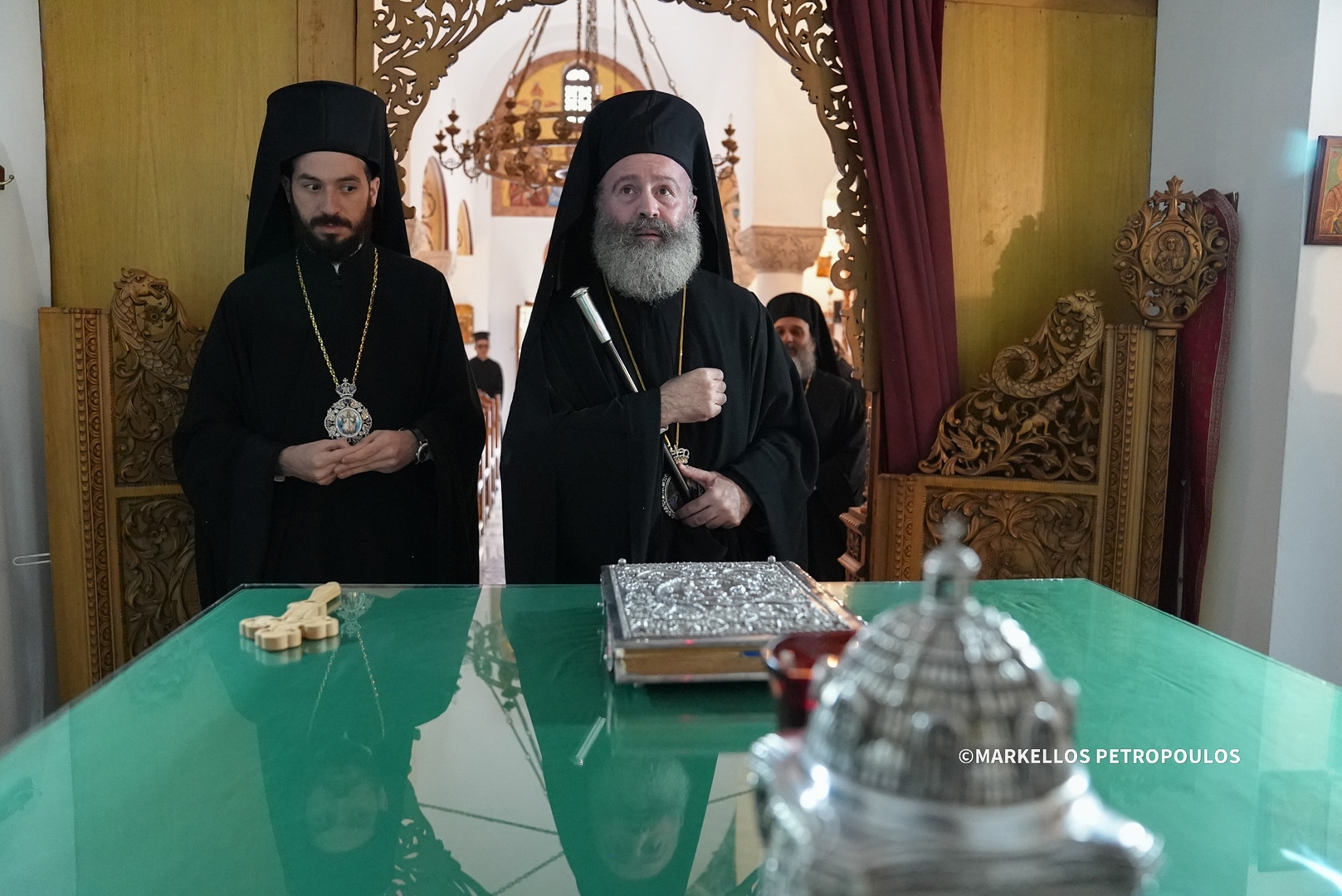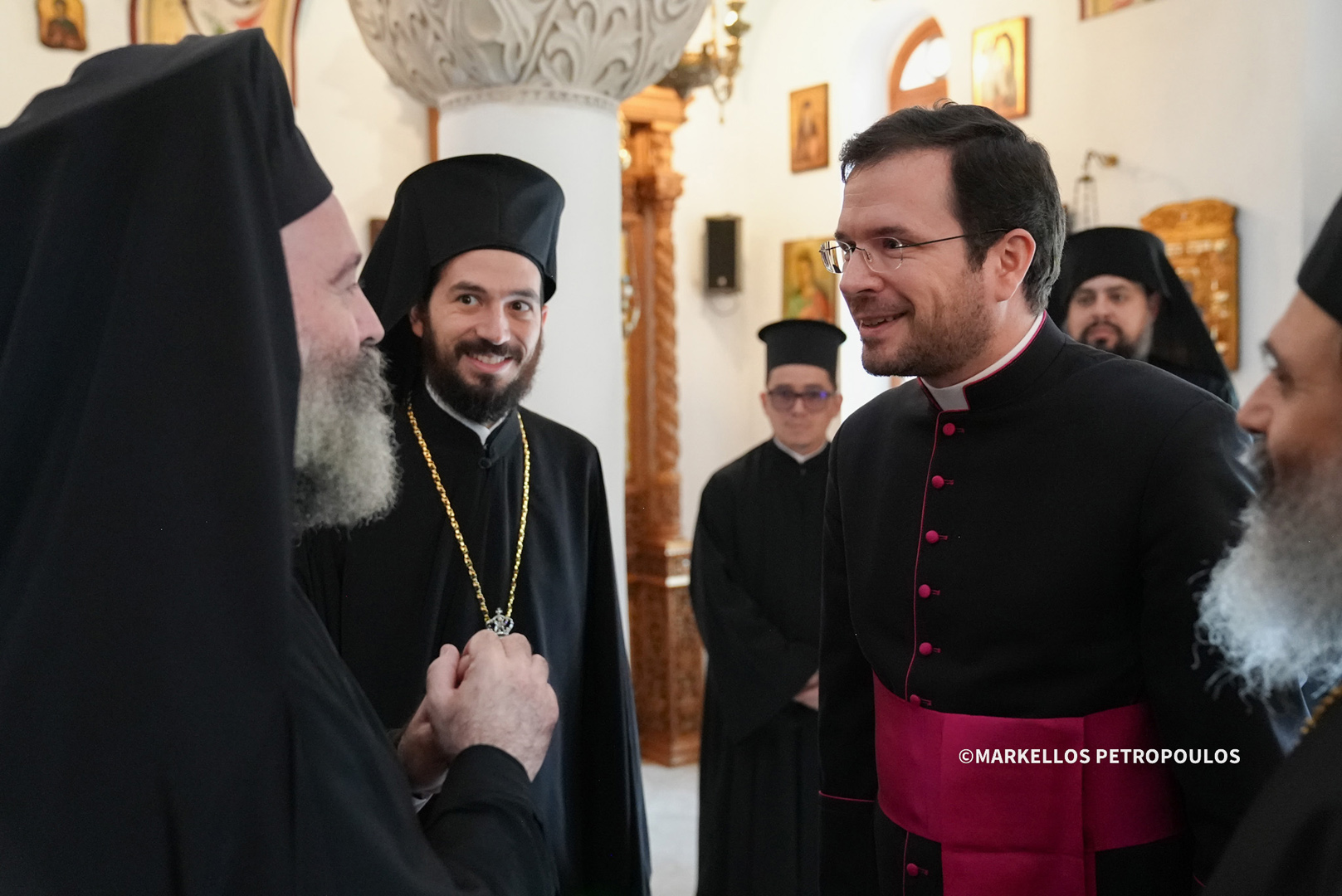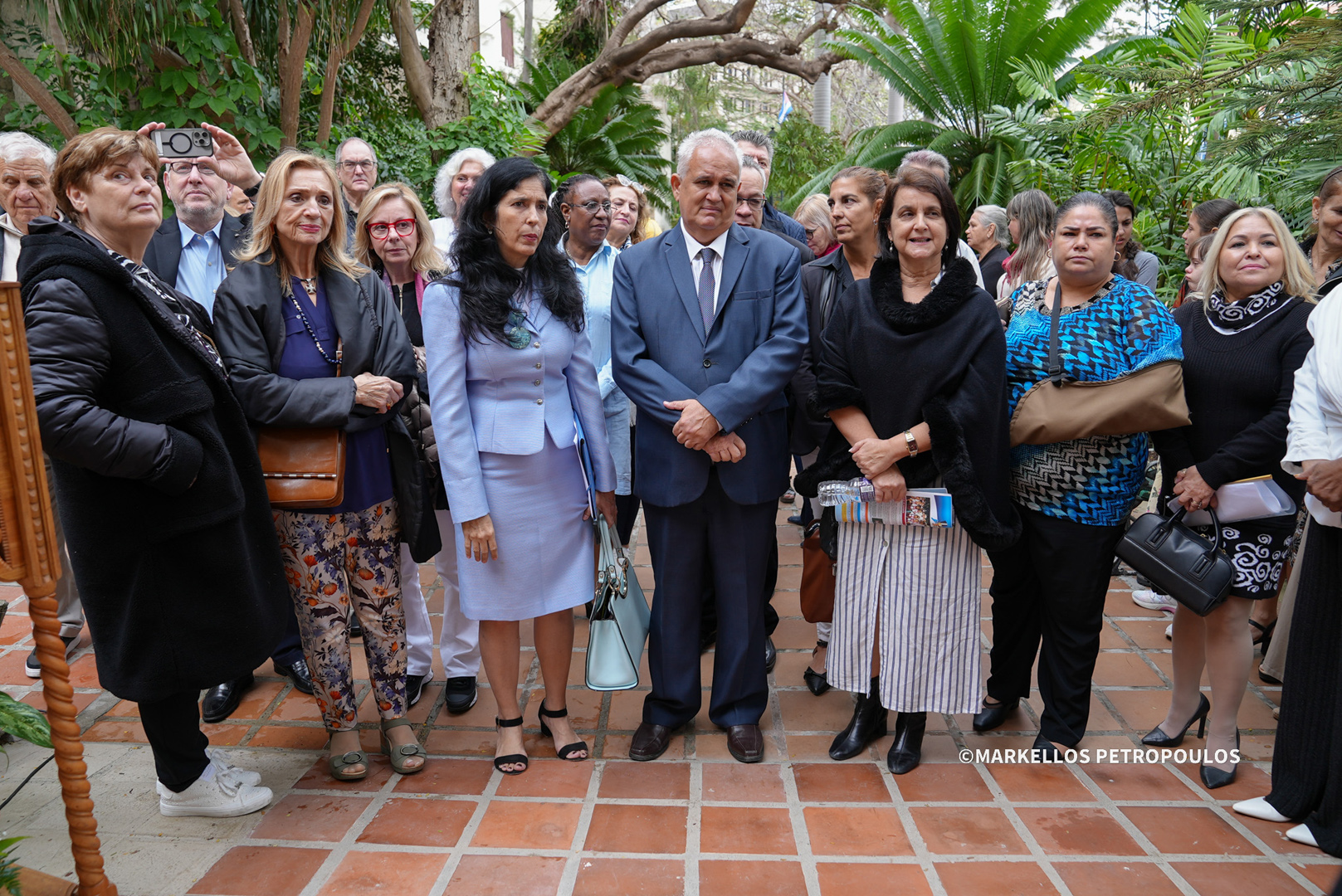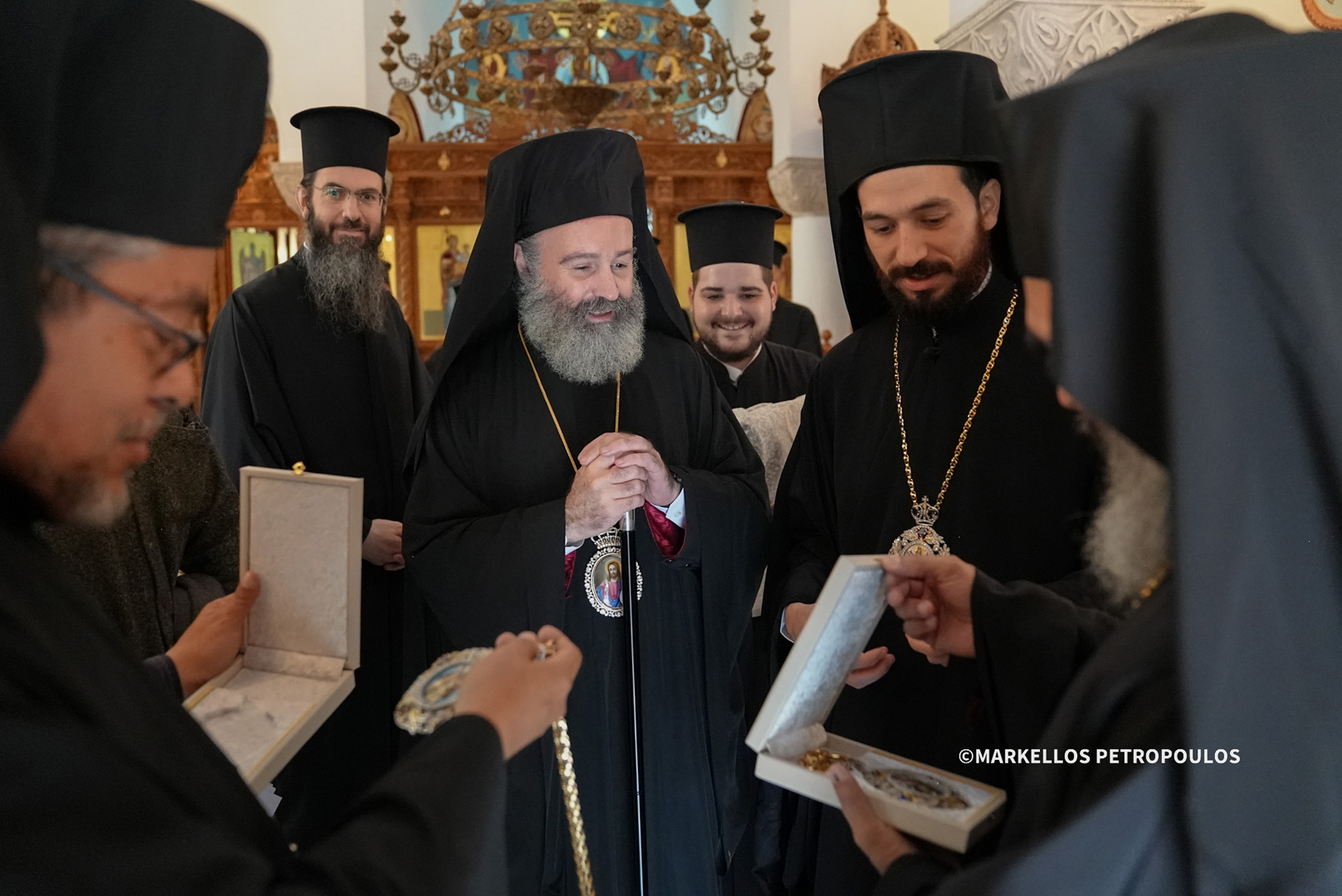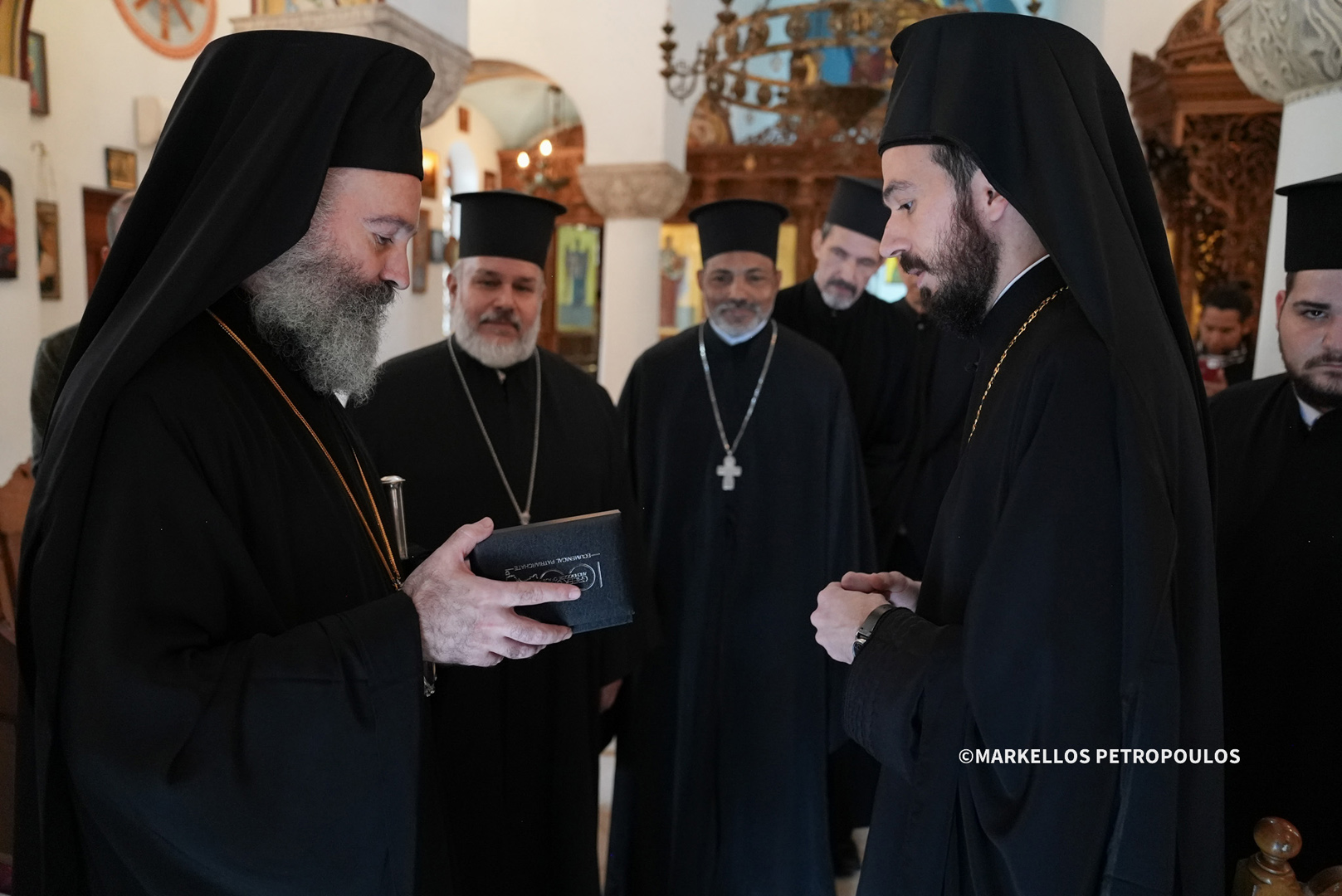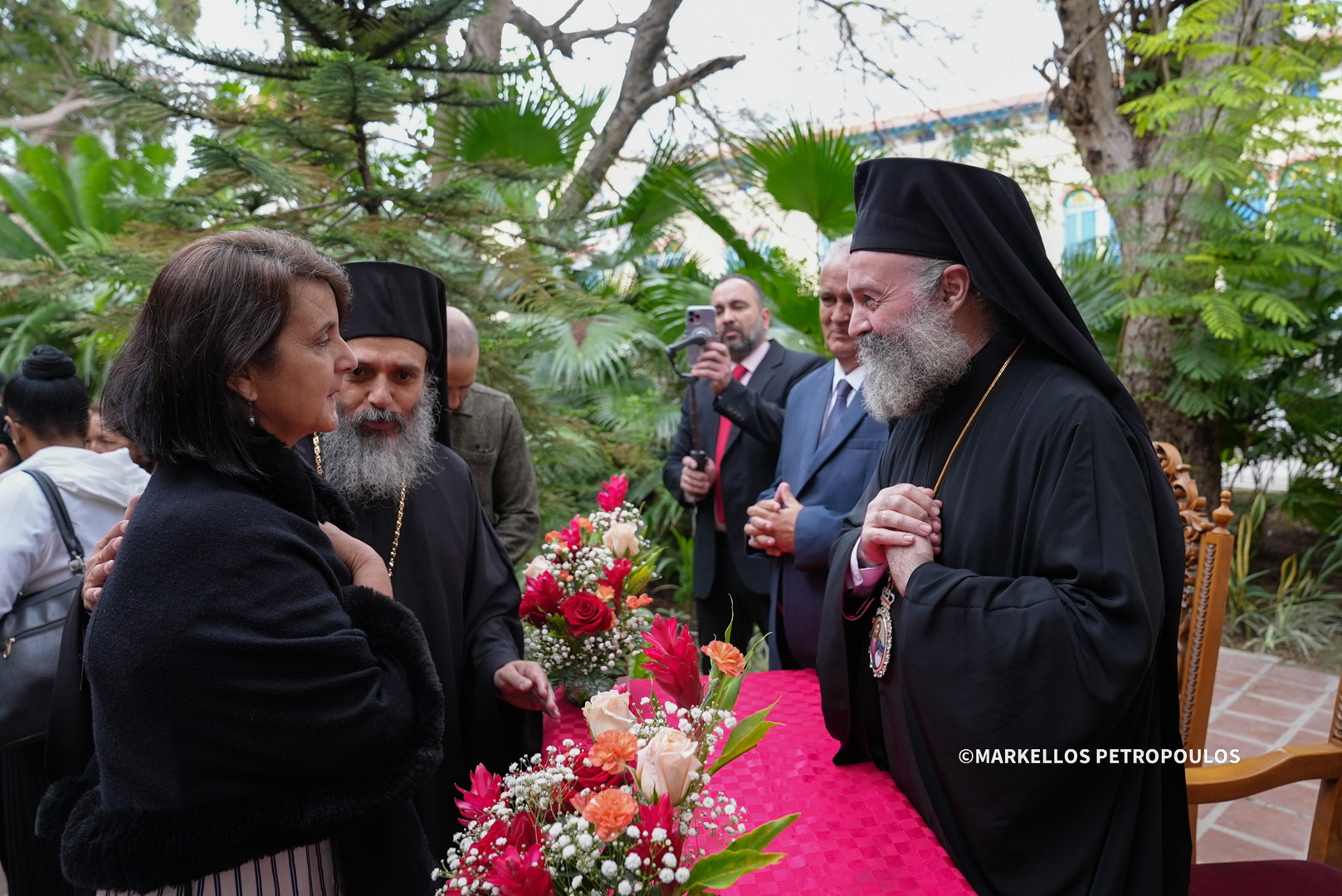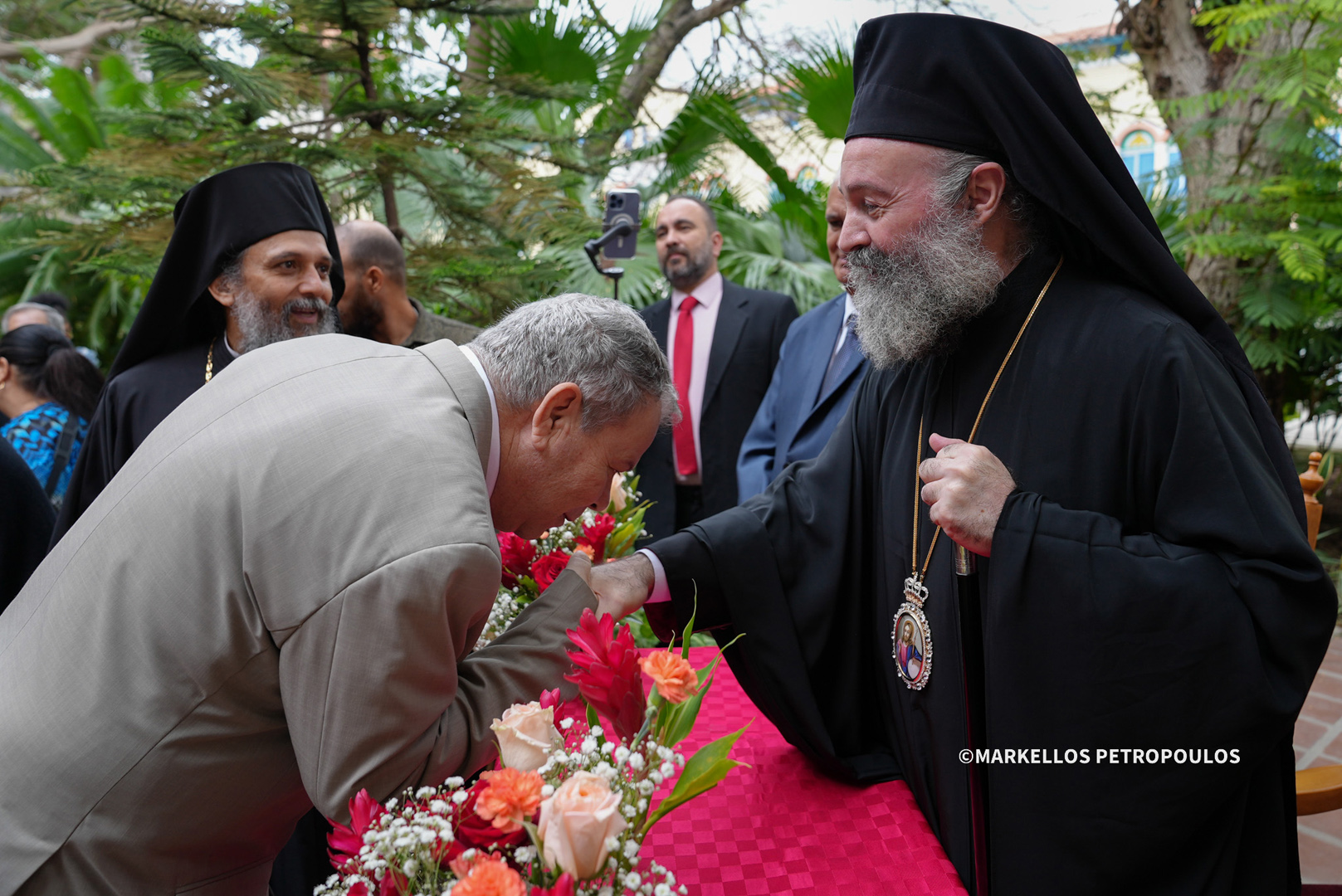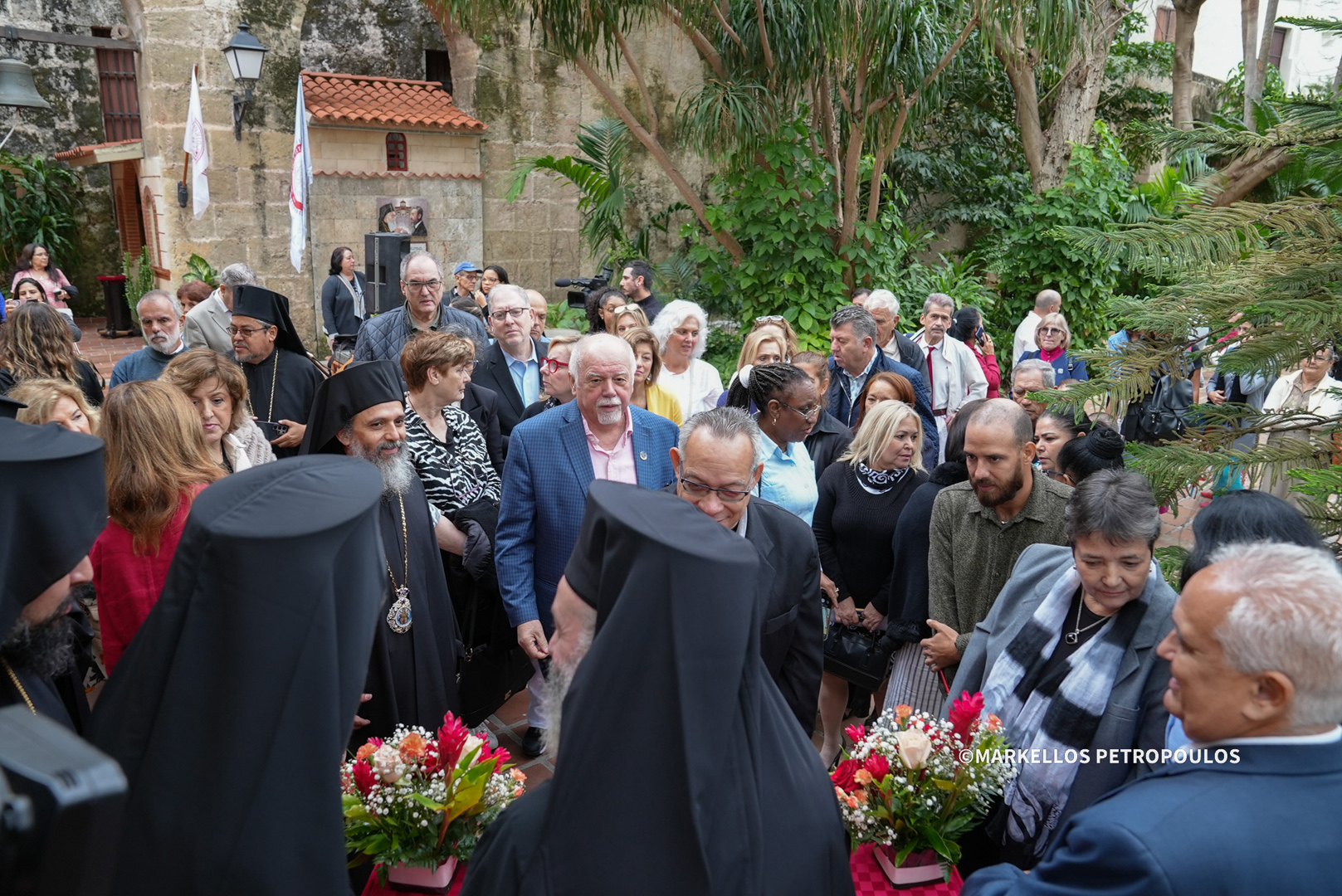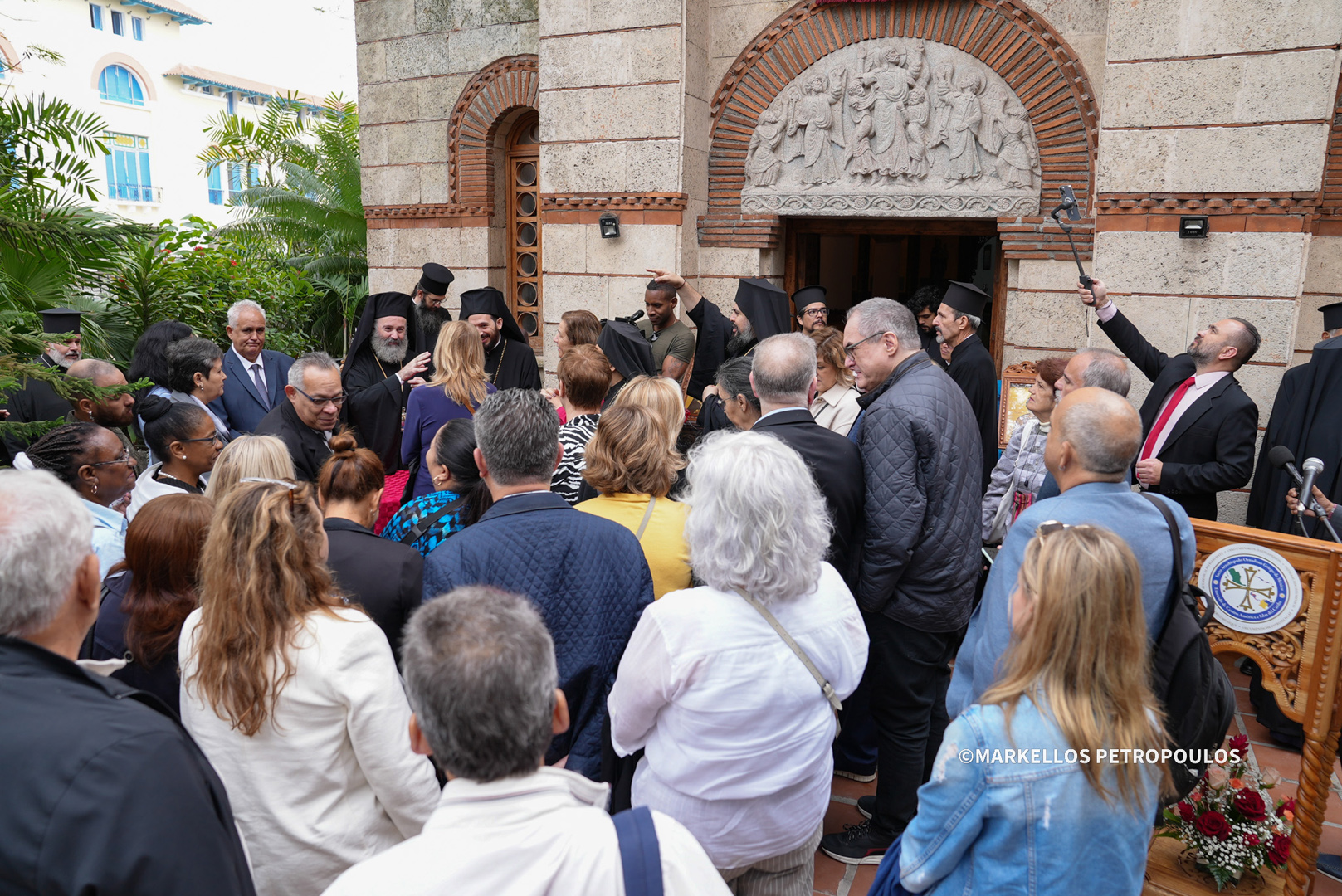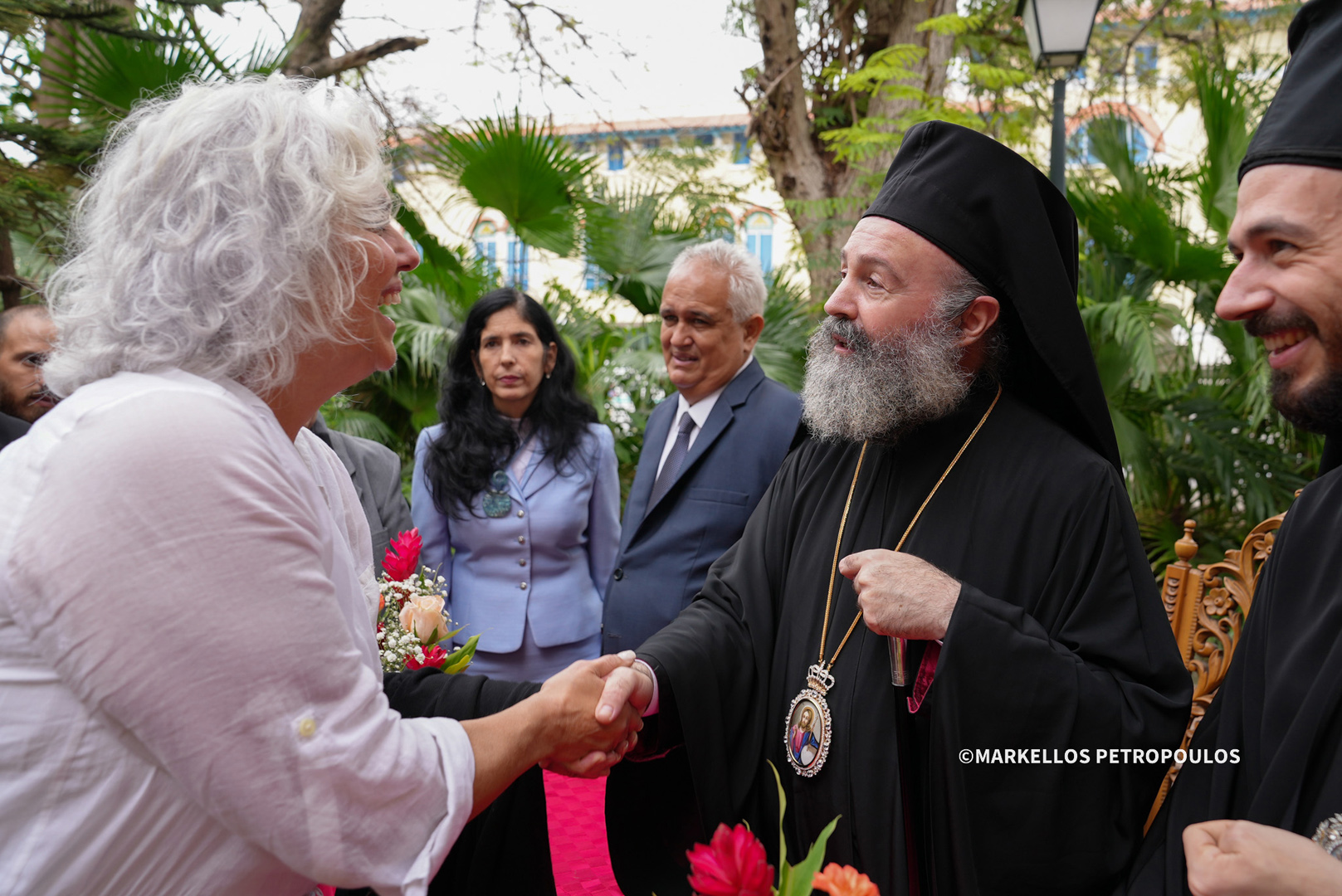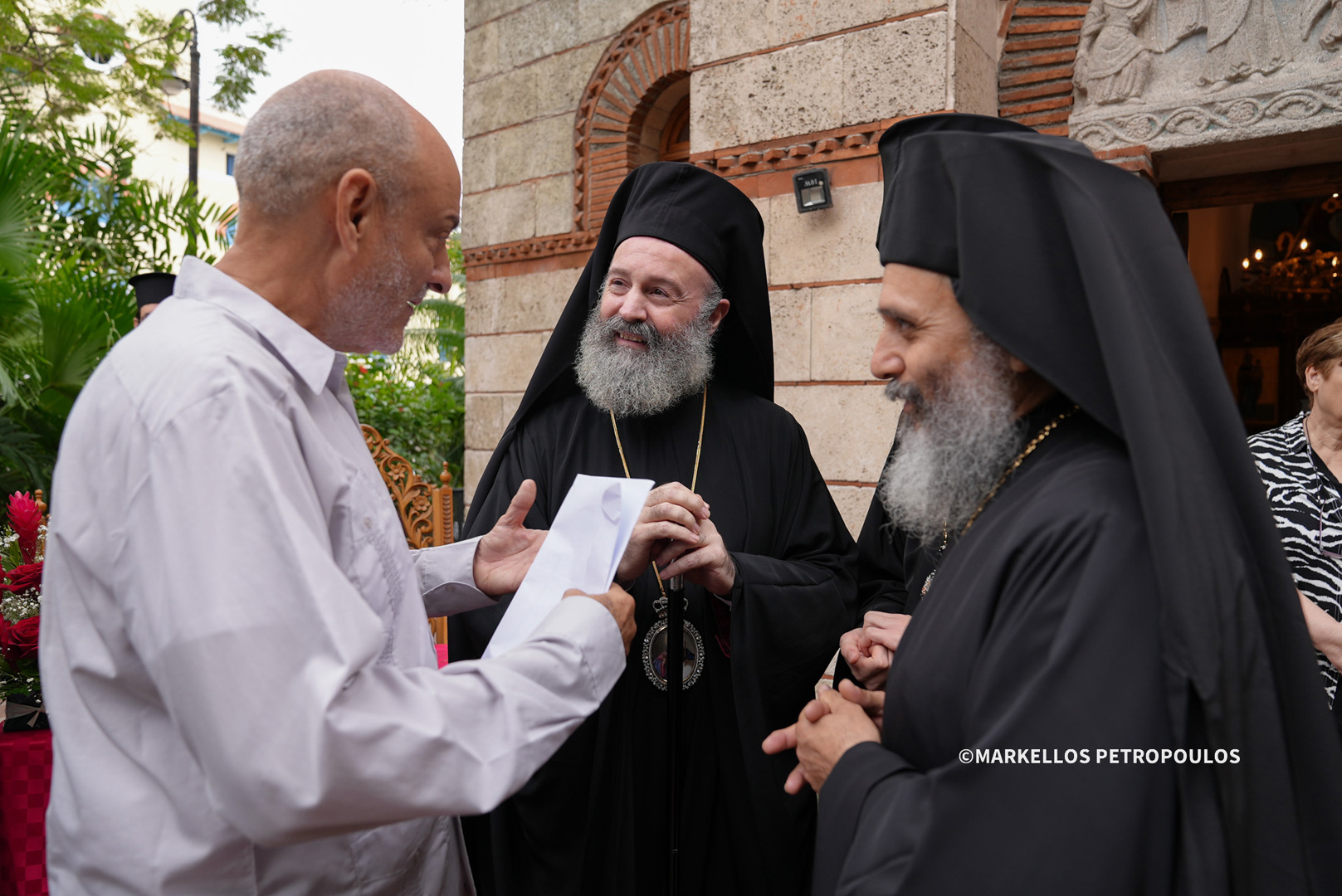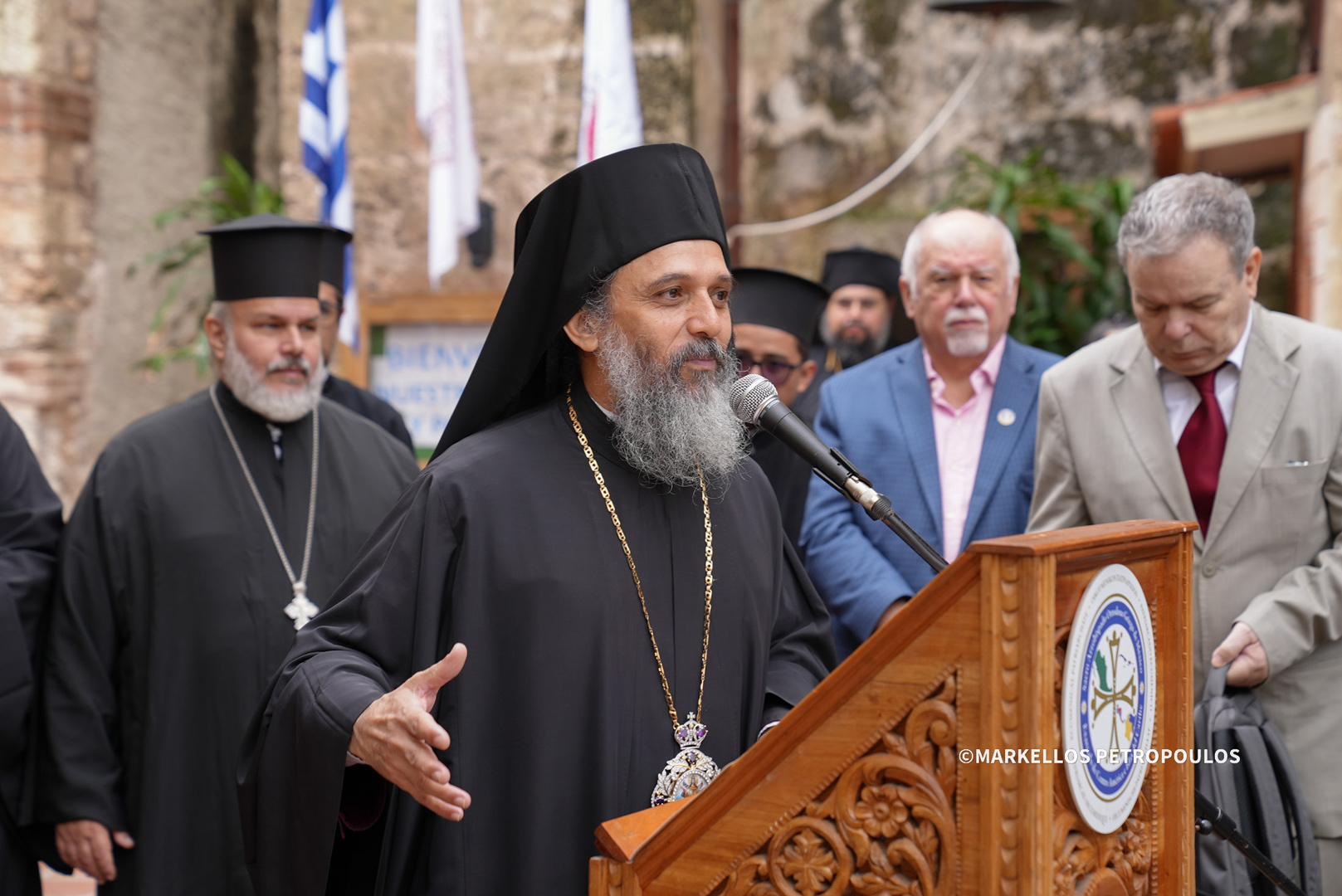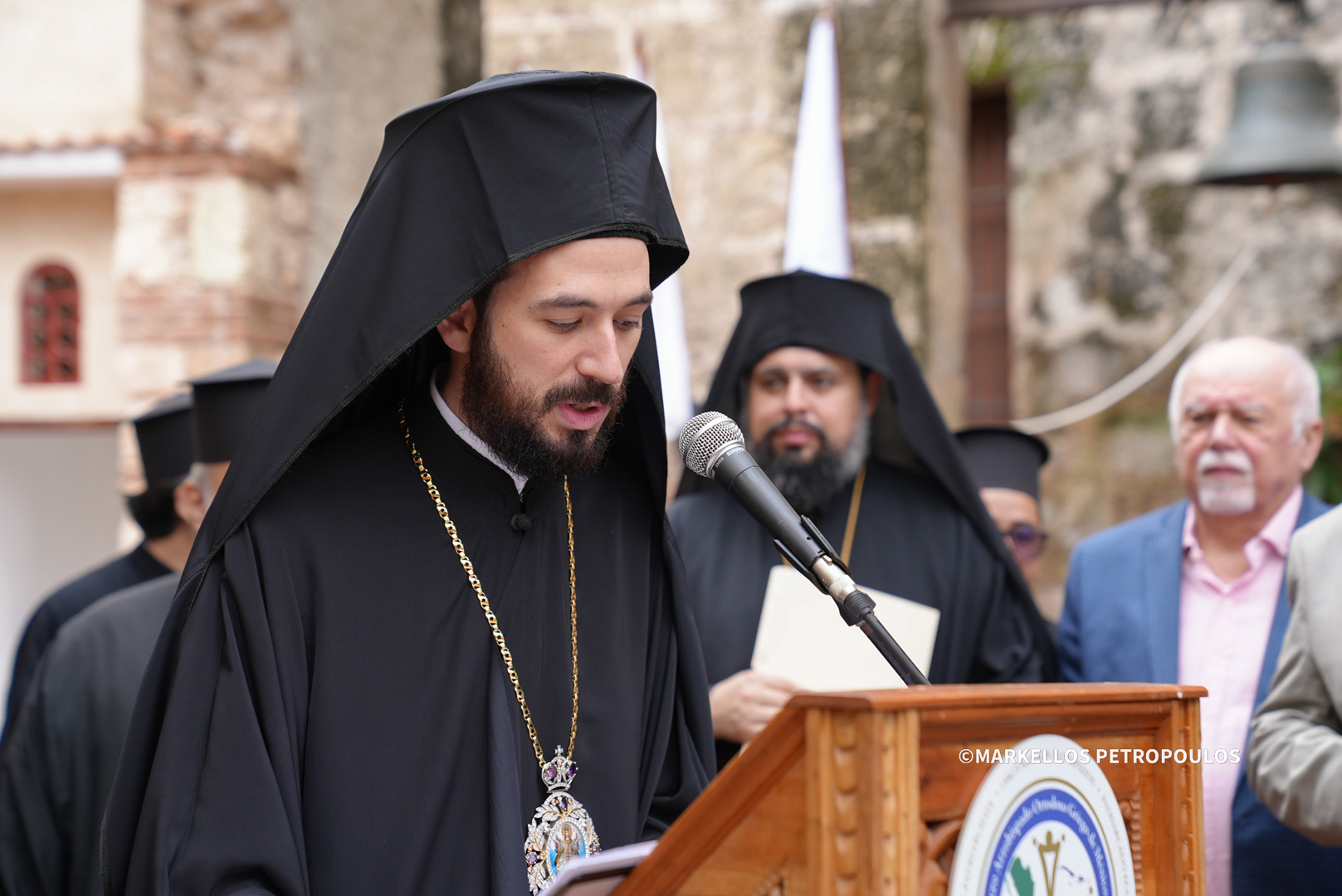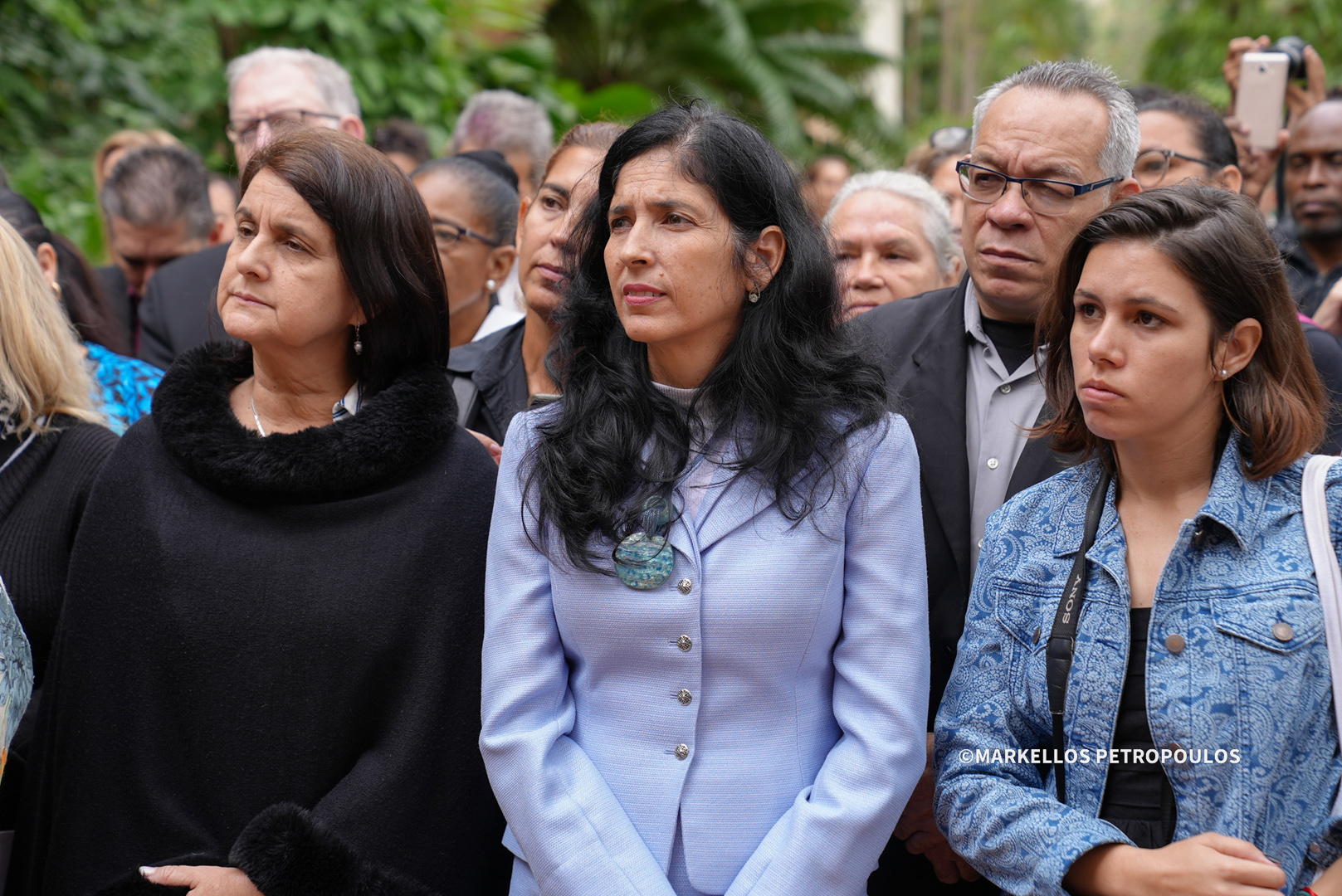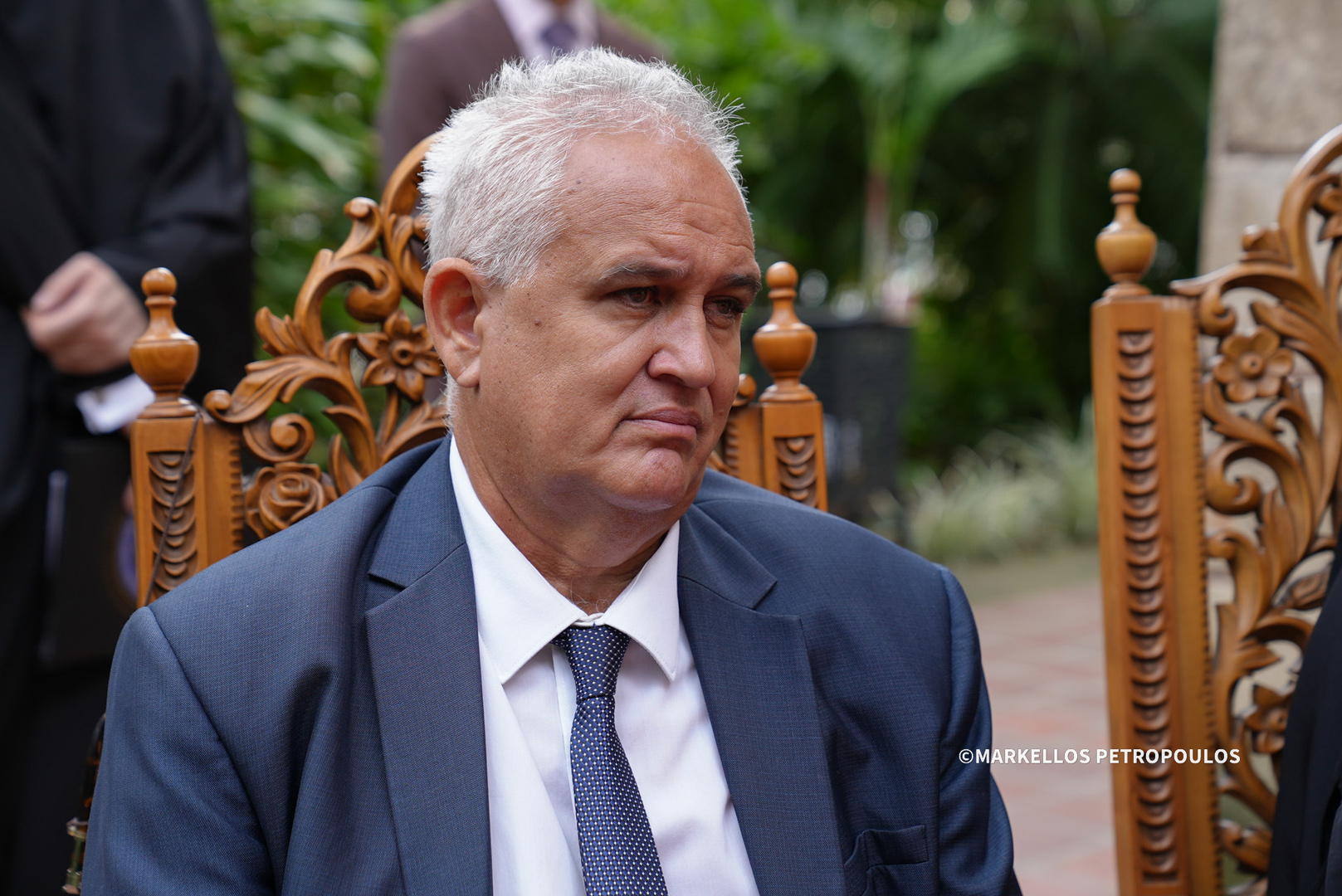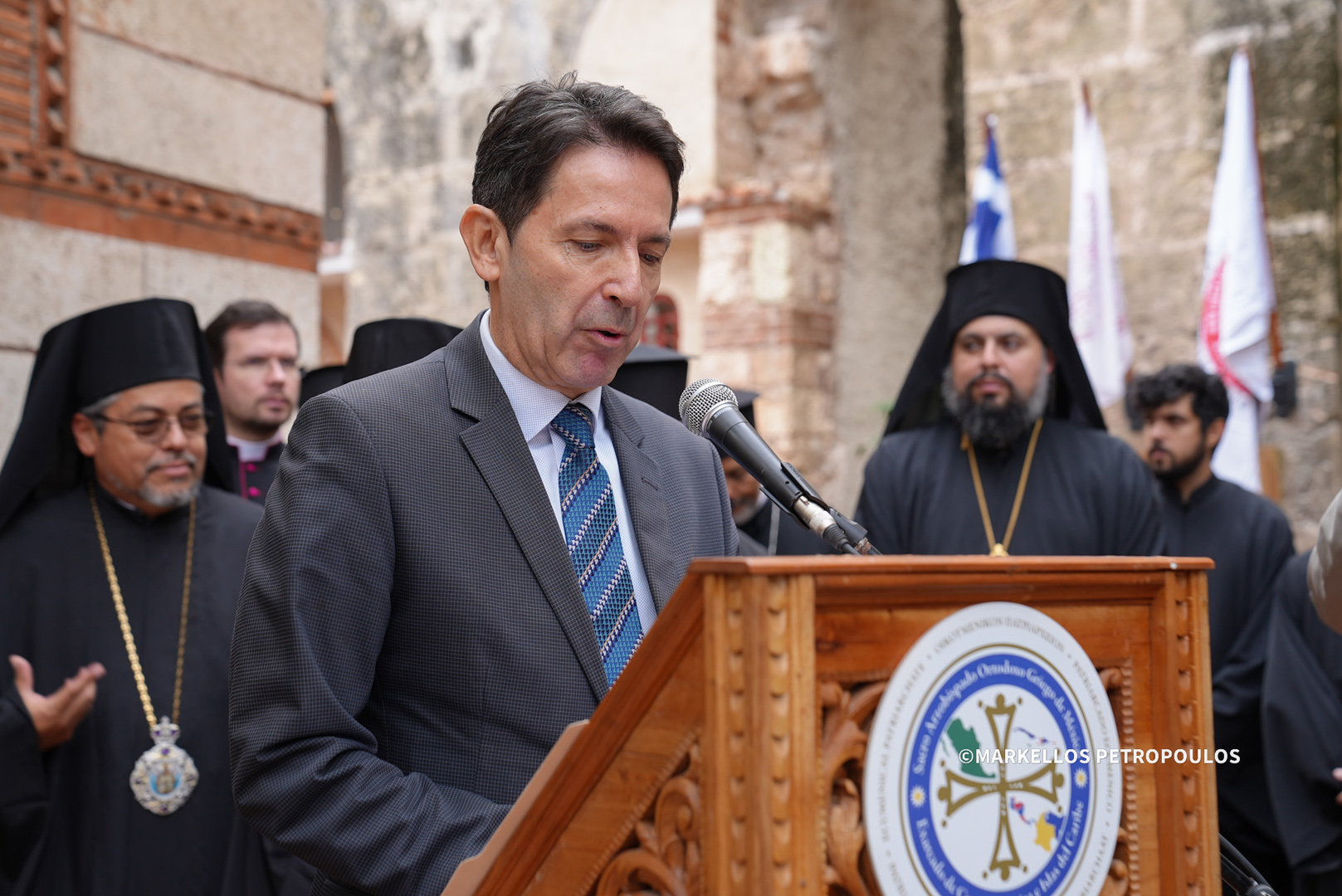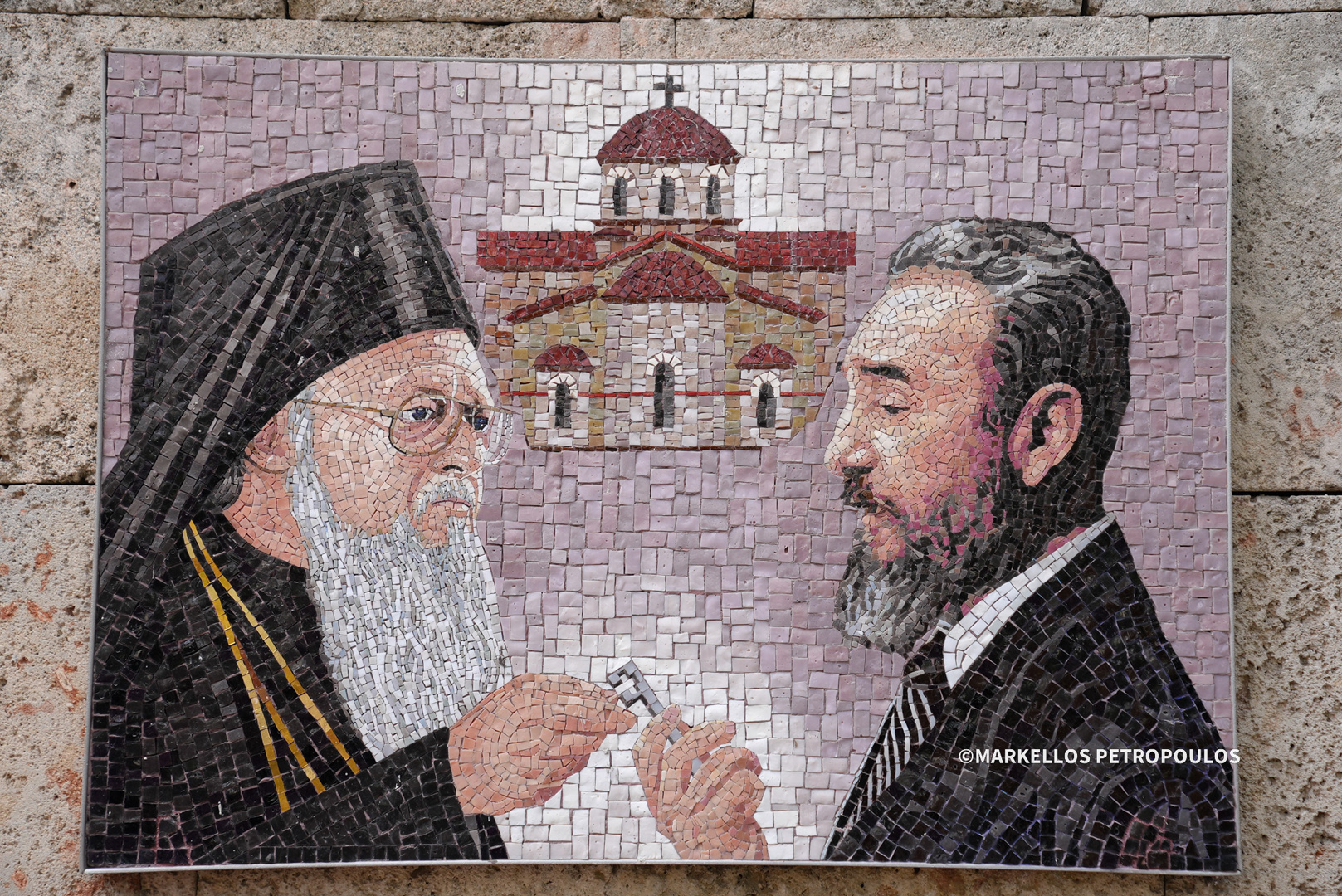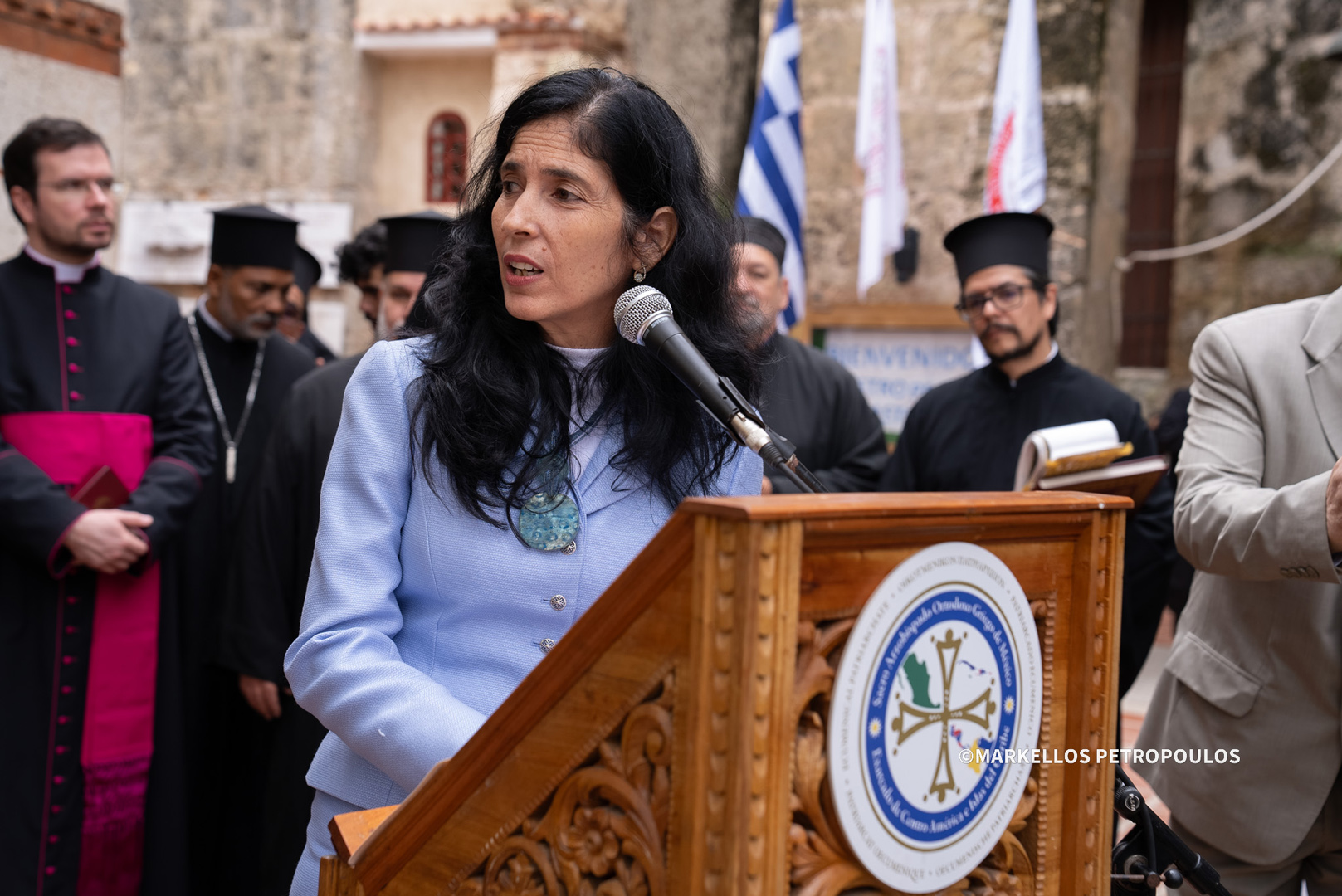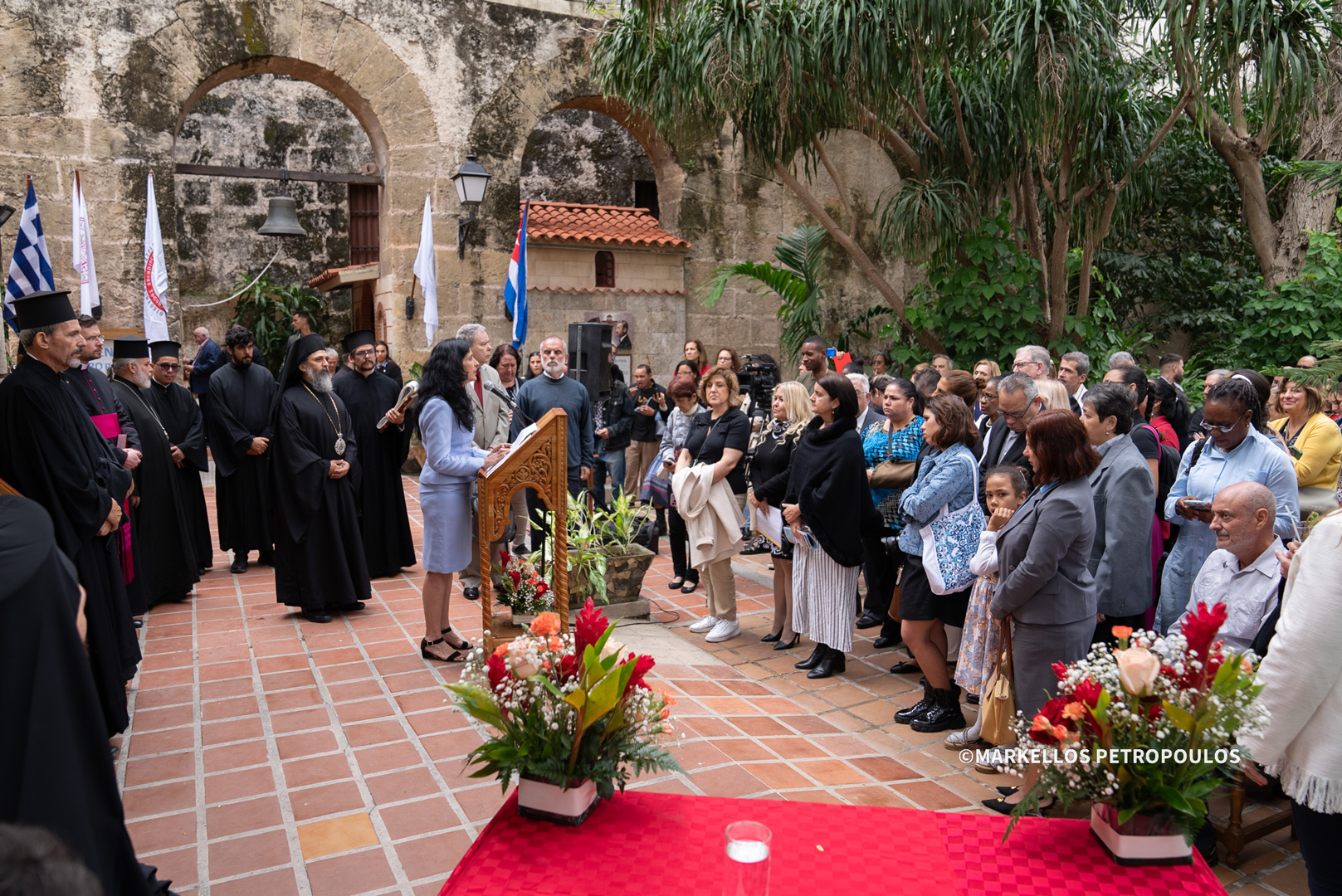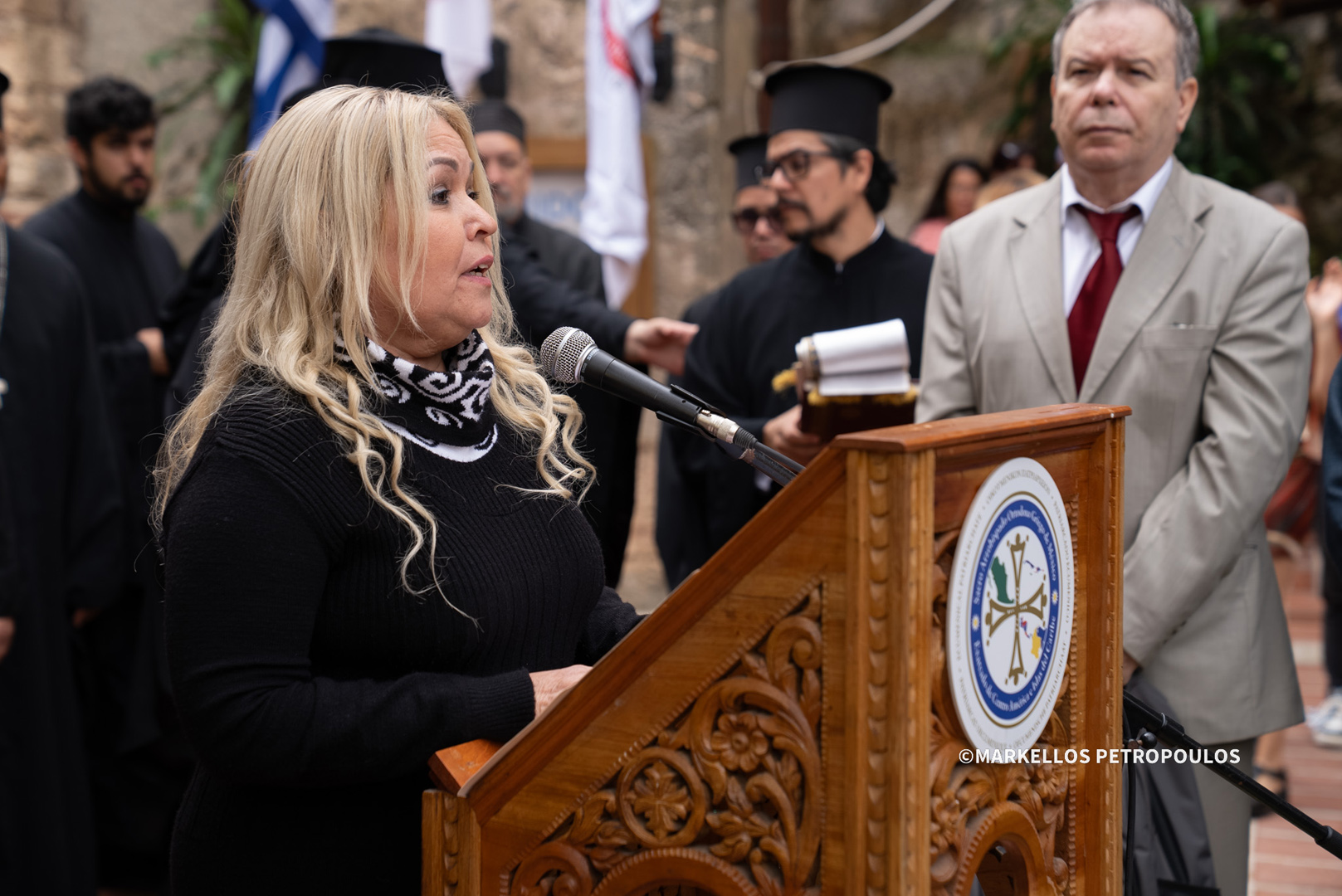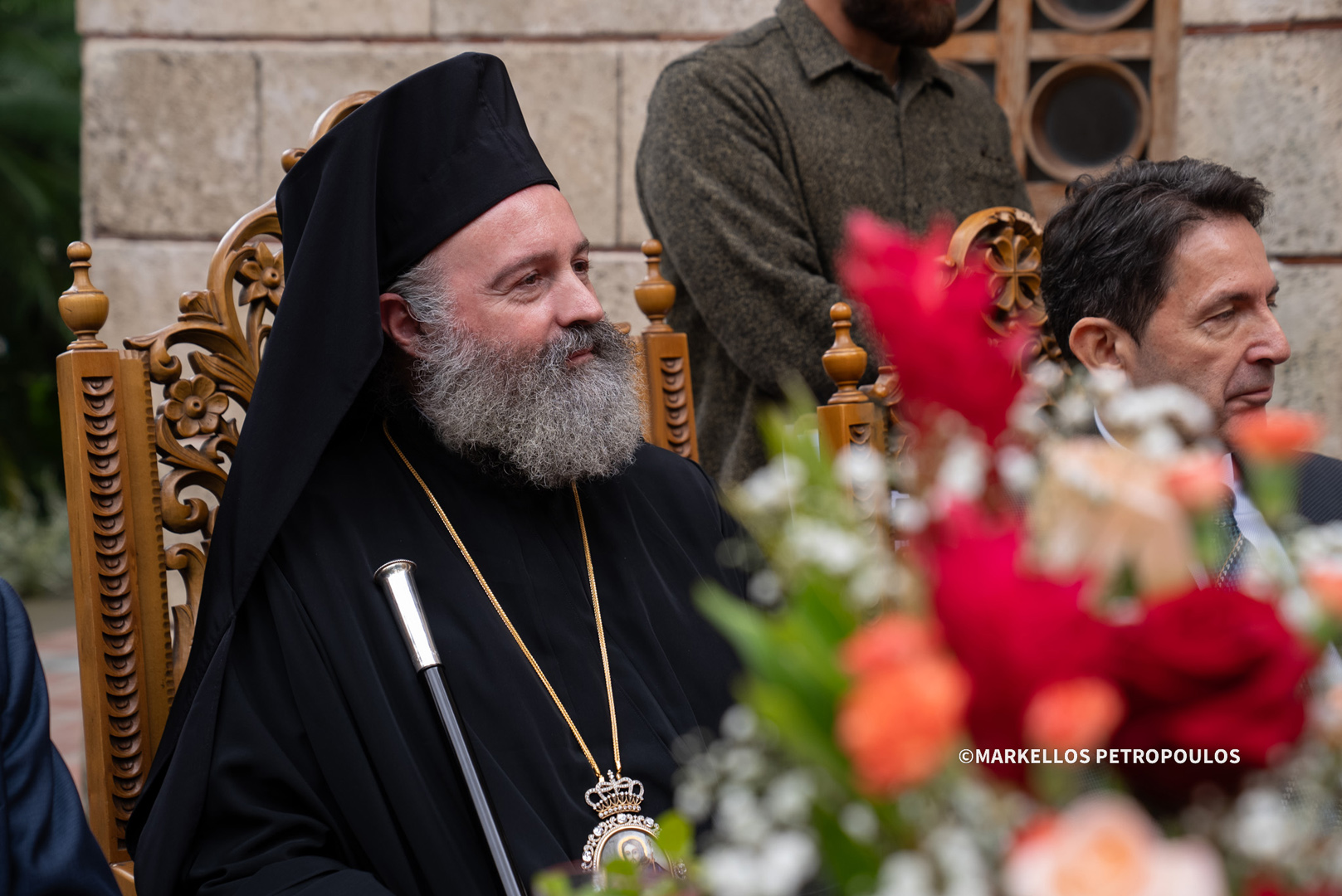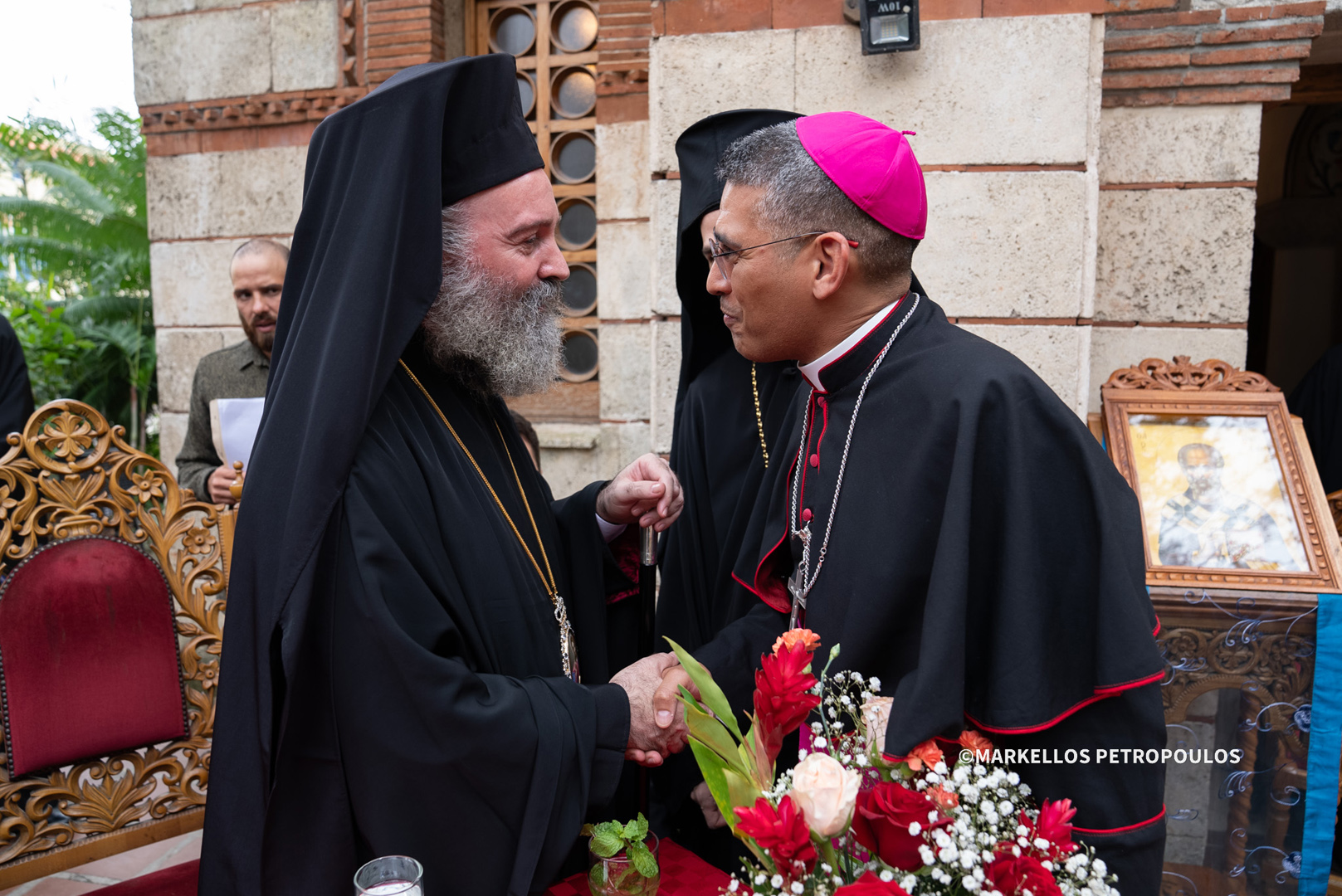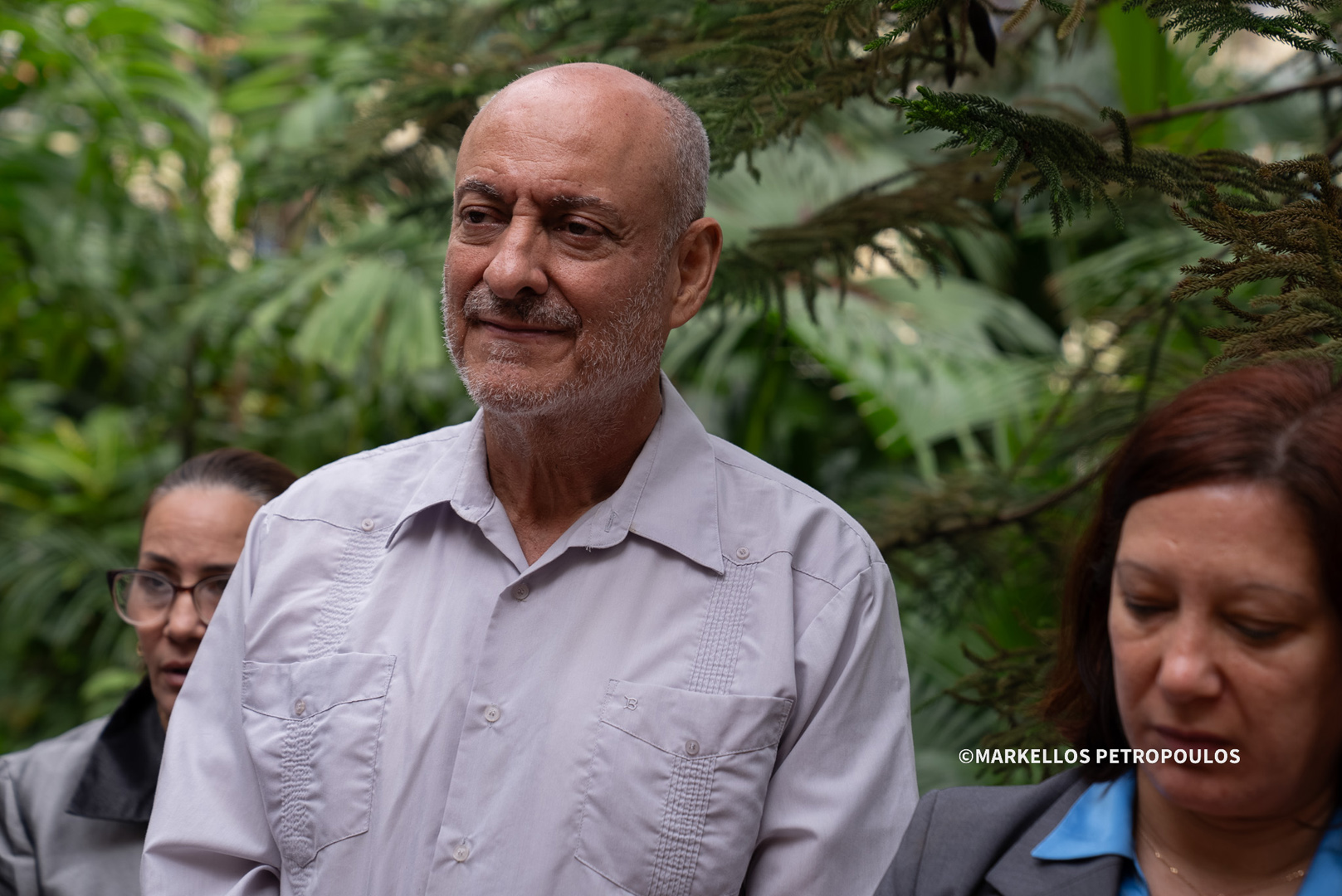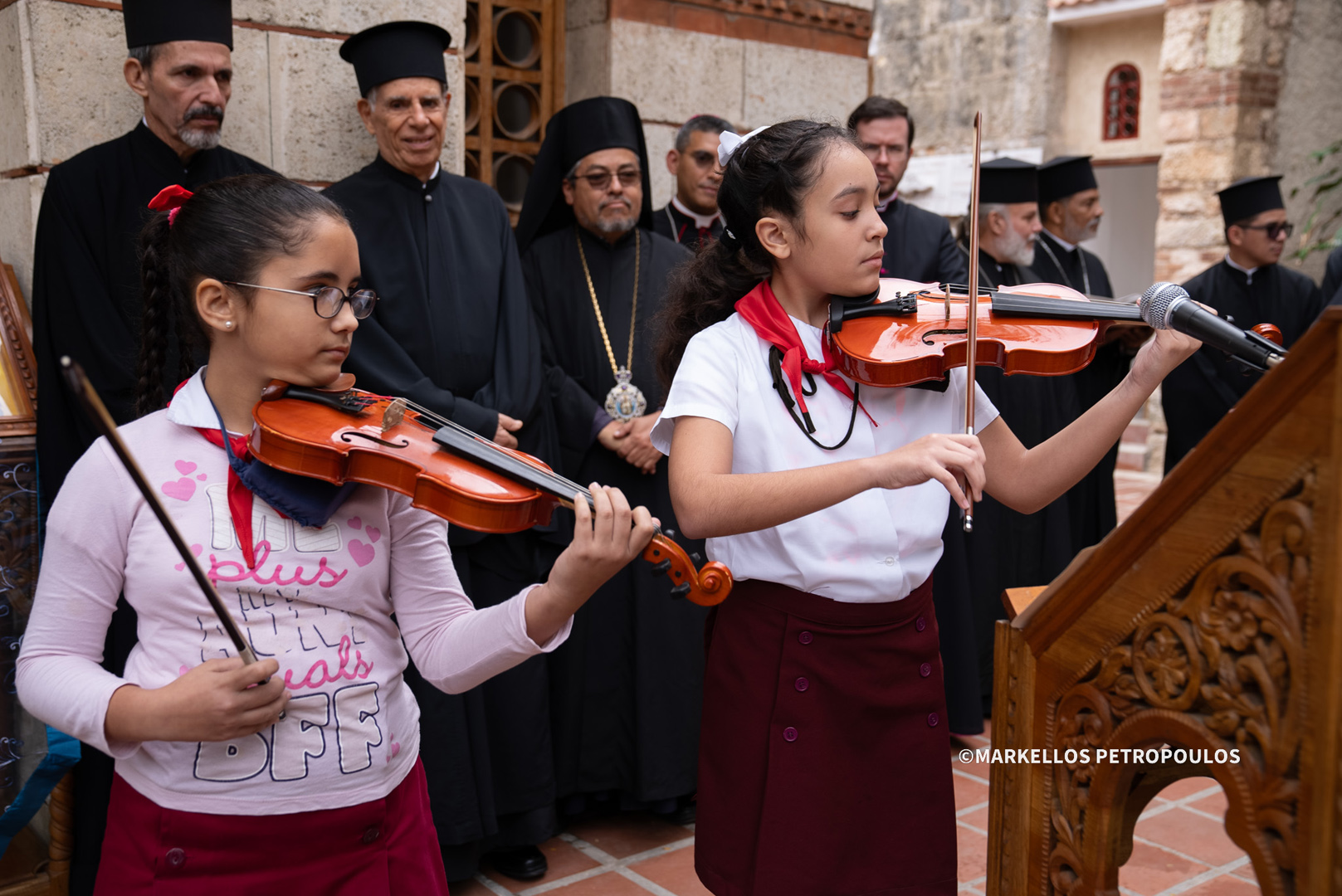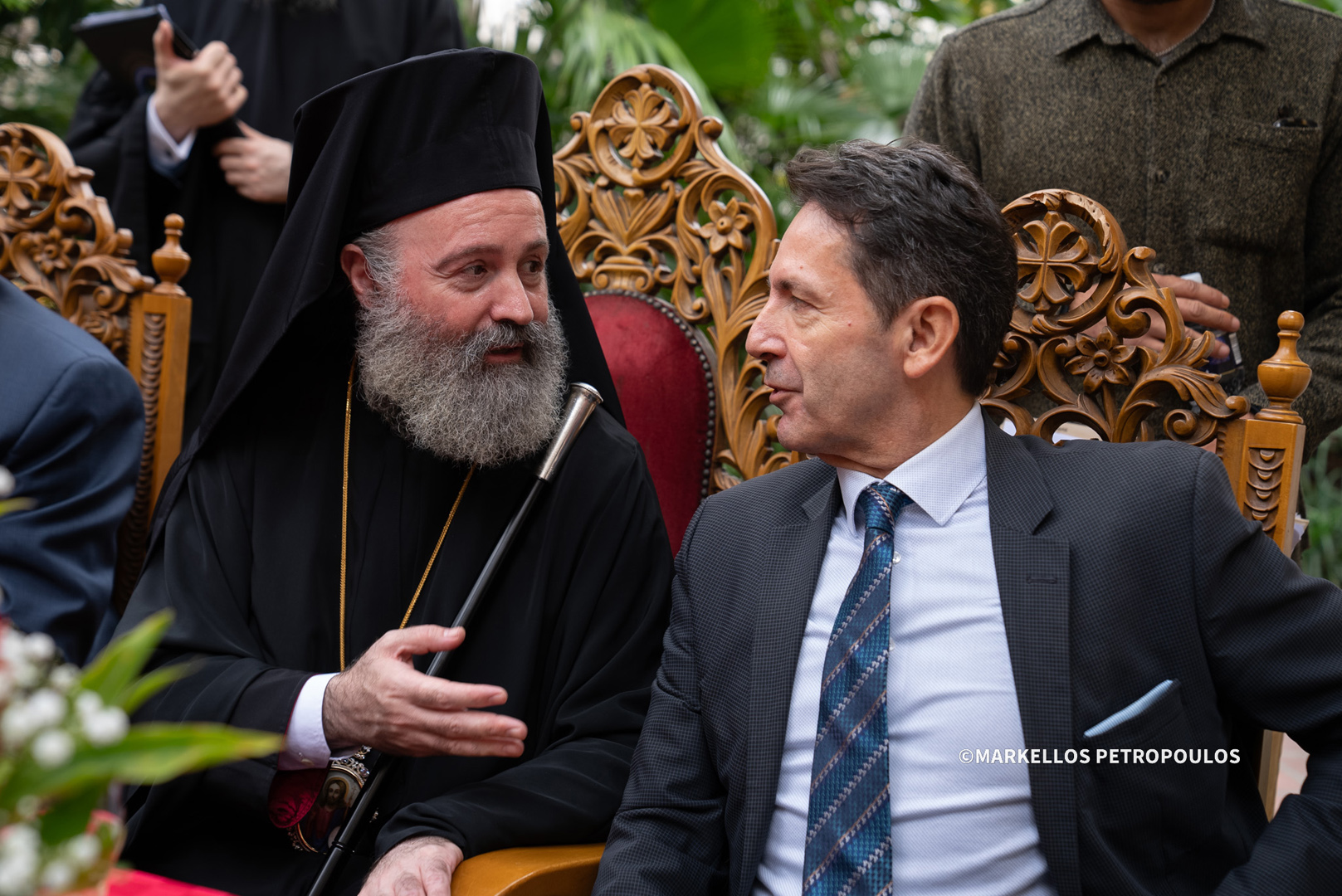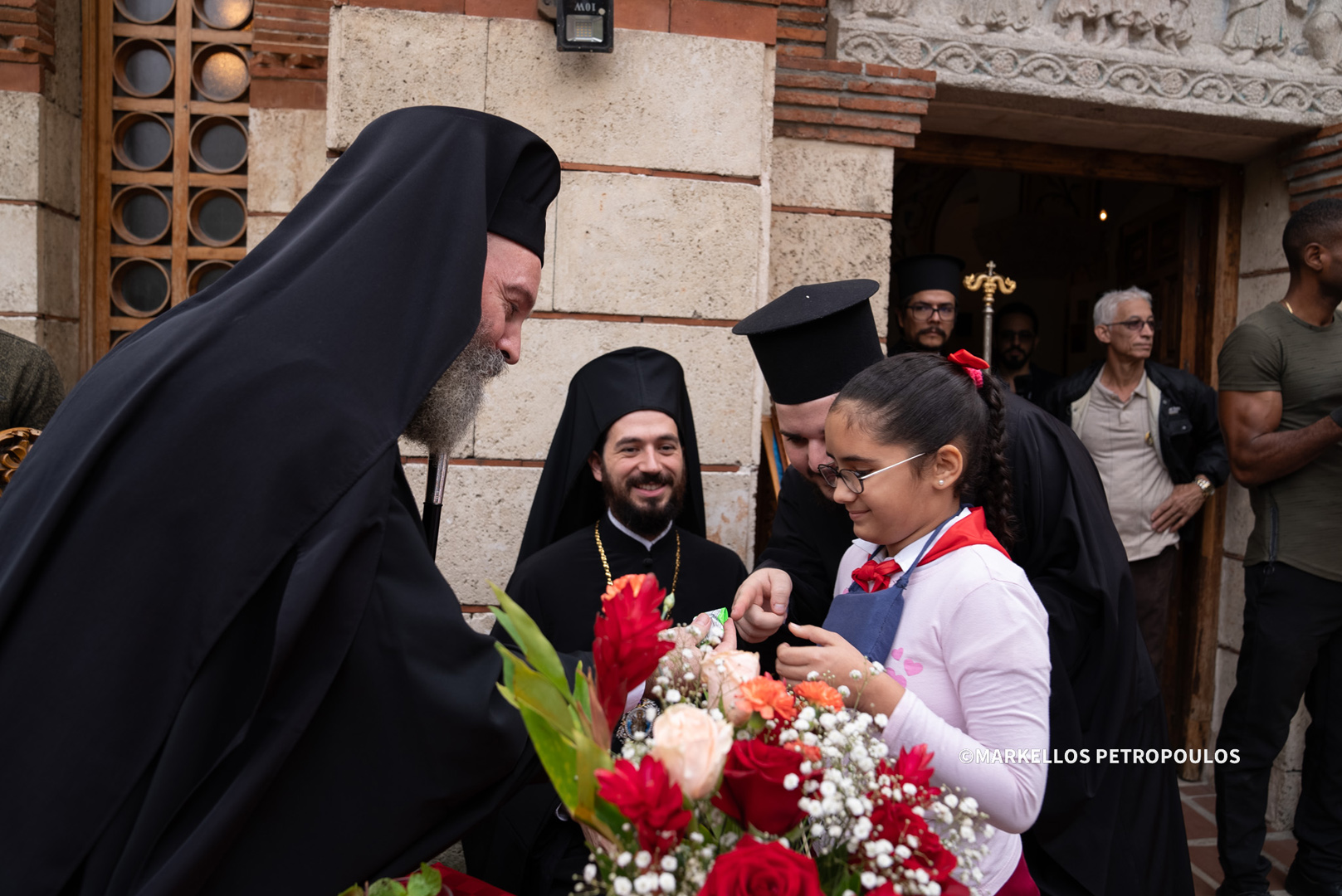Archbishop Makarios of Australia from Cuba: “Orthodoxy always conveys to all people the message of mutual coinherence”

It was on 25 January 2004 when the late leader of Cuba, Fidel Castro, symbolically handed over to His All-Holiness Ecumenical Patriarch Bartholomew the key to the Church of Saint Nicholas, which is located in the “heart” of the capital city, Havana. On that historic day, His All-Holiness Ecumenical Patriarch Bartholomew performed the Consecration of the Orthodox Church, which was erected and donated to the Orthodox Church by the Cuban people, through their iconic leader. “The Light of Christ has come to Cuba through the lamp of the Orthodox Church,” was solemnly proclaimed by the Ecumenical Patriarch during the service of the consecration of the Church.
When the first Primate of Orthodoxy visited the Caribbean Island nation, he was greeted at the Havana airport with the honours due of a Head of State. Fidel Castro himself greeted him, and on several occasions during the five-day visit of His All-Holiness, he warmly demonstrated his respect and appreciation for the distinguished visitor. This respect is indicated by the fact that he attended the consecration service of the Church of St. Nicholas dressed in a suit and tie, one of the few times during his long leadership that he made a public appearance without his official military uniform.
Fidel Castro also expressed a warm interest in Orthodox Monasticism, as well as his intention to visit Mount Athos. A characteristic remark he made to the Ecumenical Patriarch was that “ideas are born in monasteries and places of spiritual searching, not on the streets.” After the conclusion of the Patriarchal visit, upon receiving the thanks of the then Metropolitan of Panama, later of Mexico and currently of Bizye, His Eminence Metropolitan Athenagoras, Fidel Castro responded: “I thank you for bringing Orthodoxy to Cuba.”
The official celebrations marking the twentieth anniversary of this important and historic event are currently taking place in Havana, presided over by His Eminence Archbishop Makarios of Australia, as the representative of the Mother Church and His All-Holiness Ecumenical Patriarch Bartholomew. His Eminence arrived in the Cuban capital on Wednesday evening, 22 January 2025, while the following morning he declared the opening of the anniversary events at the Church of St. Nicholas.
His Eminence was welcomed by the local Shepherd, His Eminence Metropolitan Iakovos of Mexico, who was also joined by Their Graces, Bishop Athenagoras of Myrina and Bishop Timotheos of Assos, while among the many attendees at the opening ceremony was the son of the historic leader of Cuba, Fidel Castro, Mr. Alex Castro Soto del Valle. Also present and delivering warm greetings were the Ambassador of Greece in Havana, His Excellency Mr. Theodoros Tsakiris, high-ranking State Officials, including Ms. Lisset Gonzales, Ms. Perla Rosales, Mr. Emilio Lozada, Ms. Eloísa Valdés Pérez and Ms. Leira Sánchez Valdivia, the Deputy Governor of the Province of Havana, Mr. Jesús Otamendi and His Grace Auxiliary Bishop Eloy Ricardo Domínguez, representative of the Vatican Nuncio in Havana.
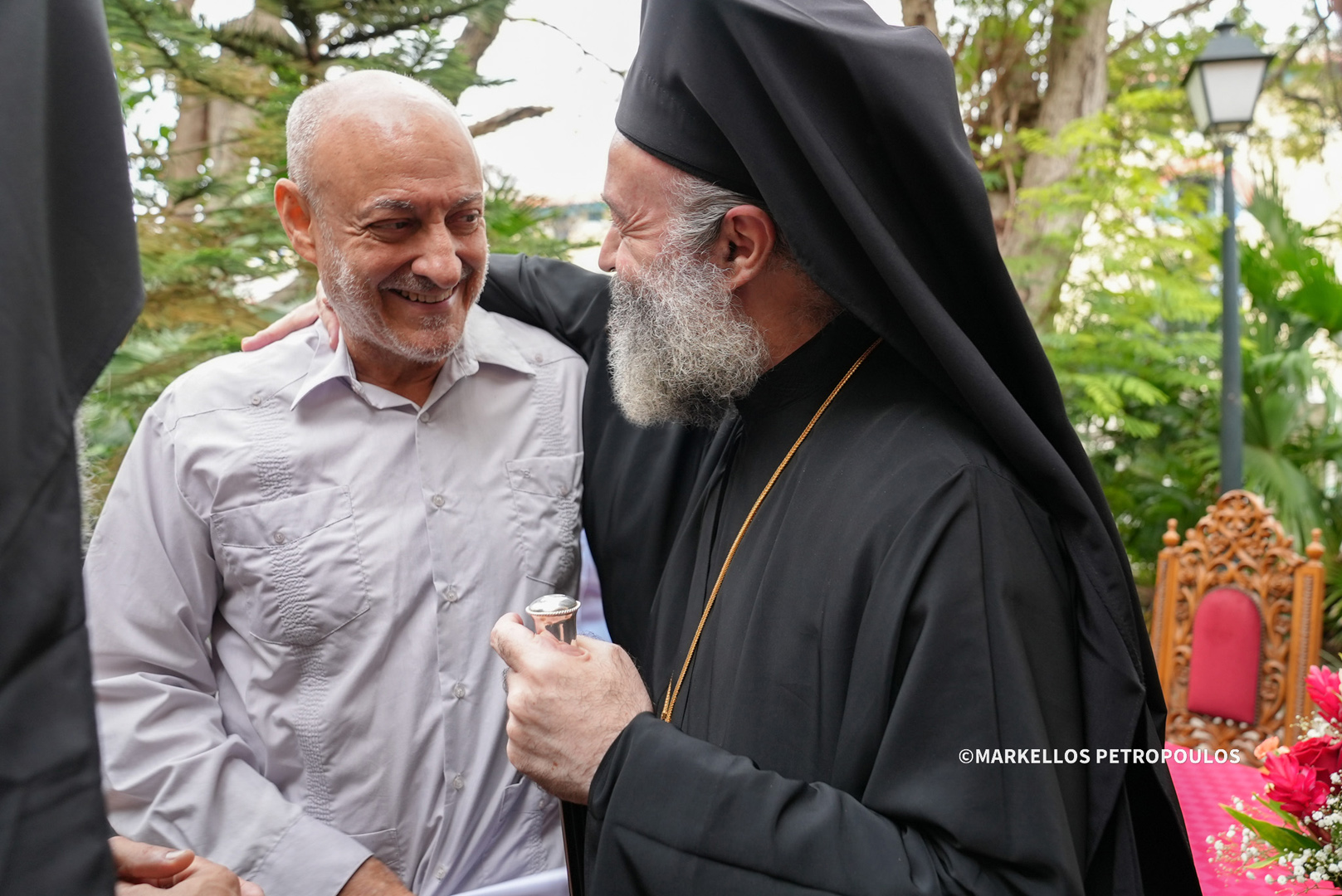
In his address, the Archbishop of Australia described the establishment of the St. Nicholas Church in Havana as “a landmark and a bench mark for the history and witness of the Orthodox Church throughout Latin America, as well as for the blessed country of Cuba itself.” “Orthodoxy has always conveyed to peoples the hopeful message of love, peace, justice, reconciliation, and mutual coinherence,” he noted, adding: “This is the message that I bring today with deep emotion, on behalf of our Ecumenical Patriarch, the timeless message of the Phanar to the inhabited world (Ecumene).”
Then, His Eminence Archbishop Makarios dedicated a significant part of his speech to the two figures who were forever associated with the founding and development of the Orthodox Church that dominates the historic centre of Havana, in the famous “Old Havana”. He was referring, of course, to His All-Holiness Ecumenical Patriarch Bartholomew and the late leader of Cuba, Fidel Castro. Attributing to the Primate of Orthodoxy the soubriquet “Apostle of the World”, he noted, among other things:
“He is that ecclesiastical and spiritual leader who revealed to the world the other face of the Orthodox Church, the Church that dialogues with every person of good will, that does not reject otherness and diversity, that does not have any fears, that speaks of peace and not of the so-called “holy” war, that loves humankind indiscriminately, that always projects Christ and does not terrorise with the notion of the Antichrist […] I believe, it was precisely this ecumenical and peaceful perspective of the Orthodox Church, but also the personal radiance of Ecumenical Patriarch Bartholomew, that met with the free and unyielding spirit and vision of the late President Fidel Castro and opened the gates for the Orthodox Church in Cuba.”
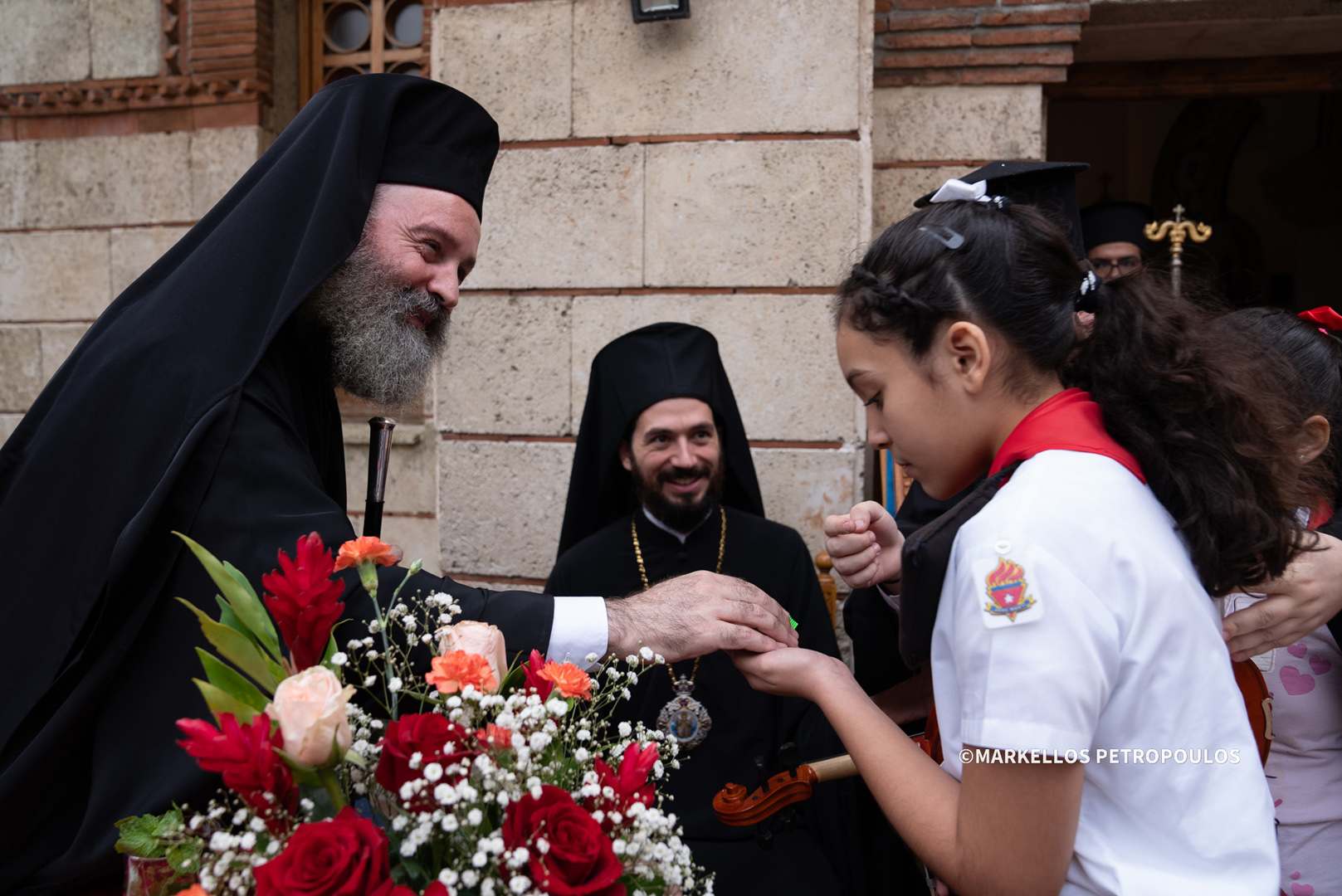
Concluding his speech, the Archbishop of Australia mentioned with words of gratitude, on behalf of the Ecumenical Patriarchate and His All-Holiness Ecumenical Patriarch Bartholomew, His Eminence Metropolitan Athenagoras of Bizye, who had worked hard for many years for the progress of the local Church. “But his efforts were not in vain,” he noted characteristically, “since his dear brother Metropolitan Iakovos, who succeeded him, with his many talents, youthful enthusiasm and spontaneity, has given new life to the Holy Metropolis of Mexico in general and here in Cuba in particular.” “And his ministry,” he added, “fills us with optimism and hope for the future and the upward course of the Church.”
